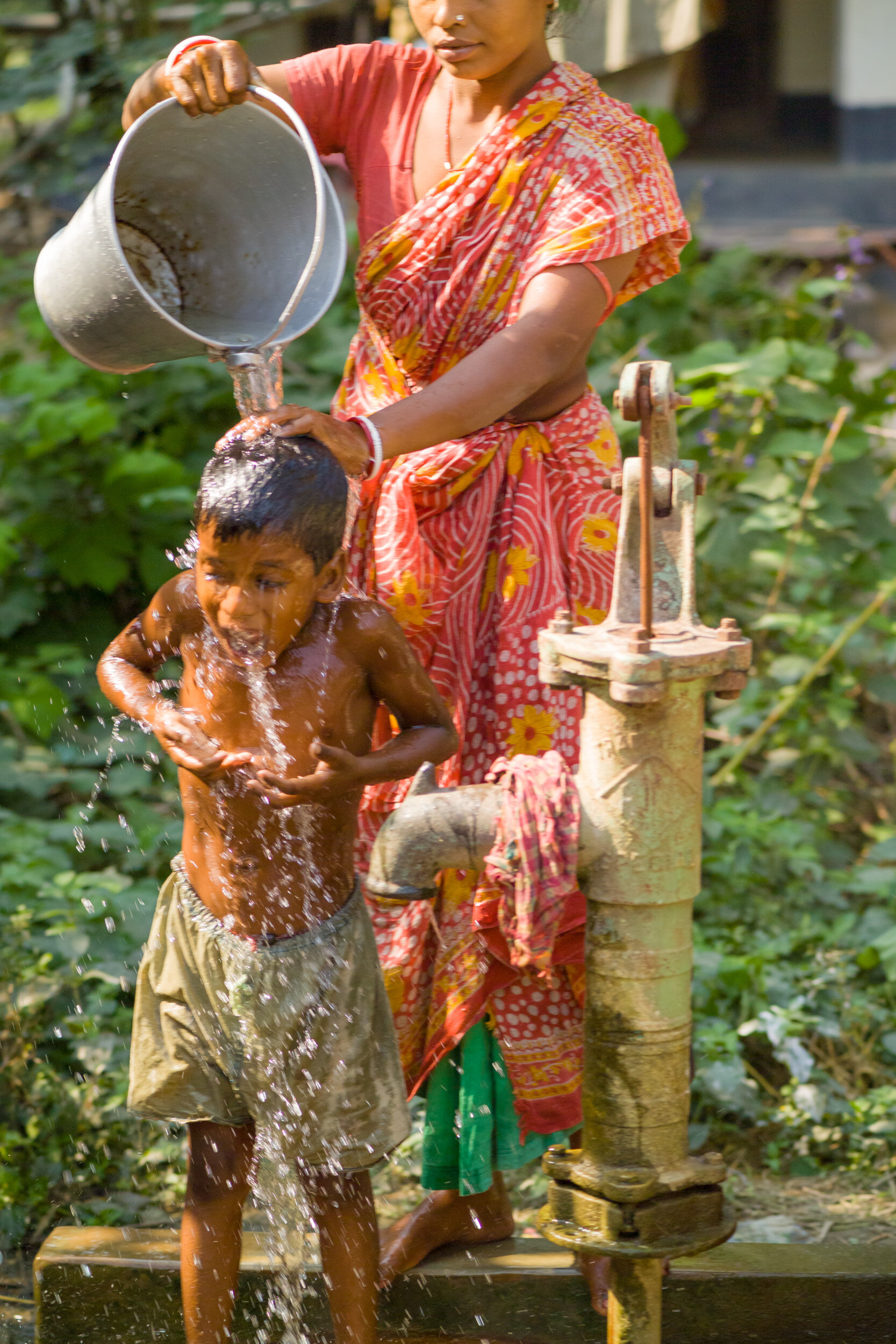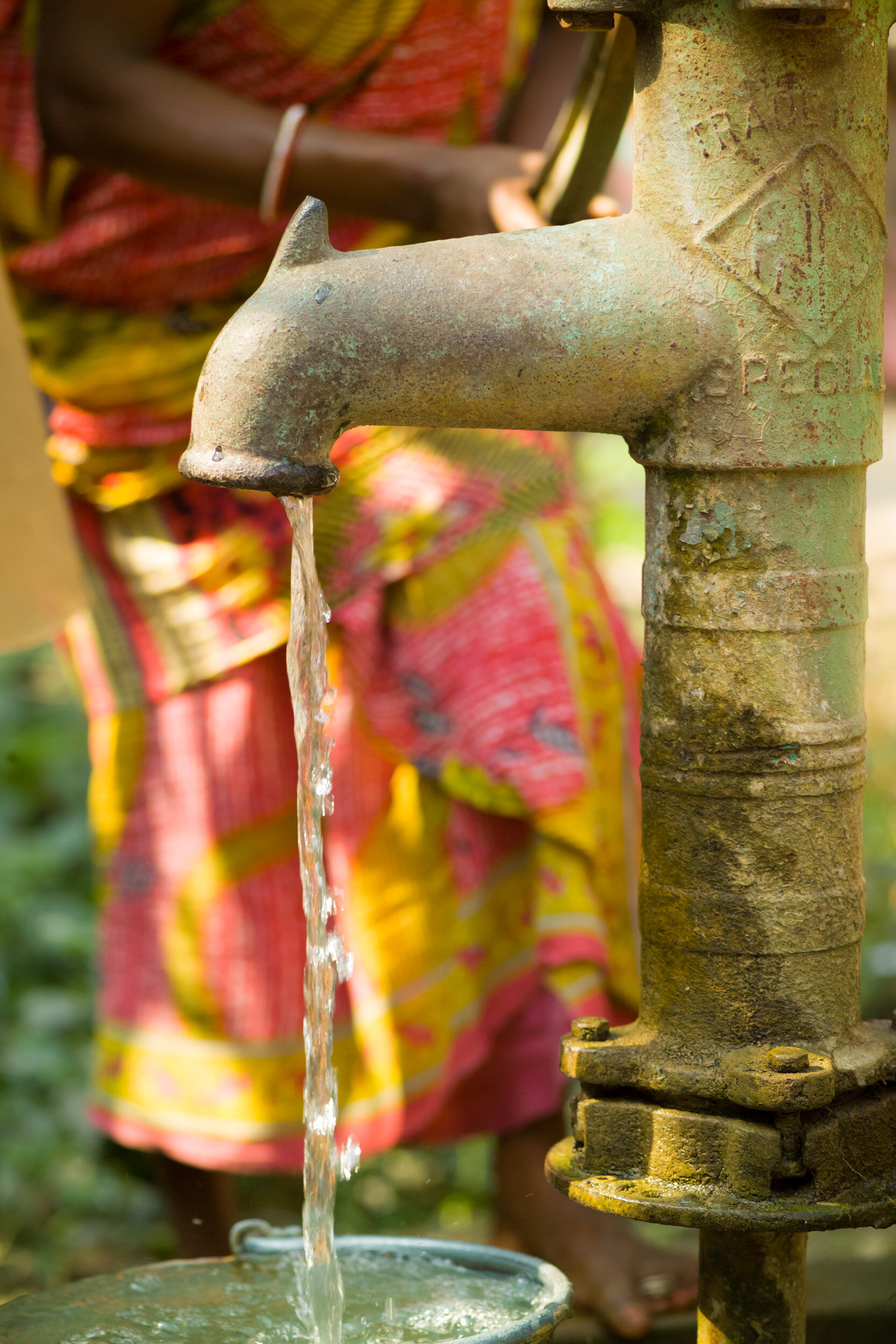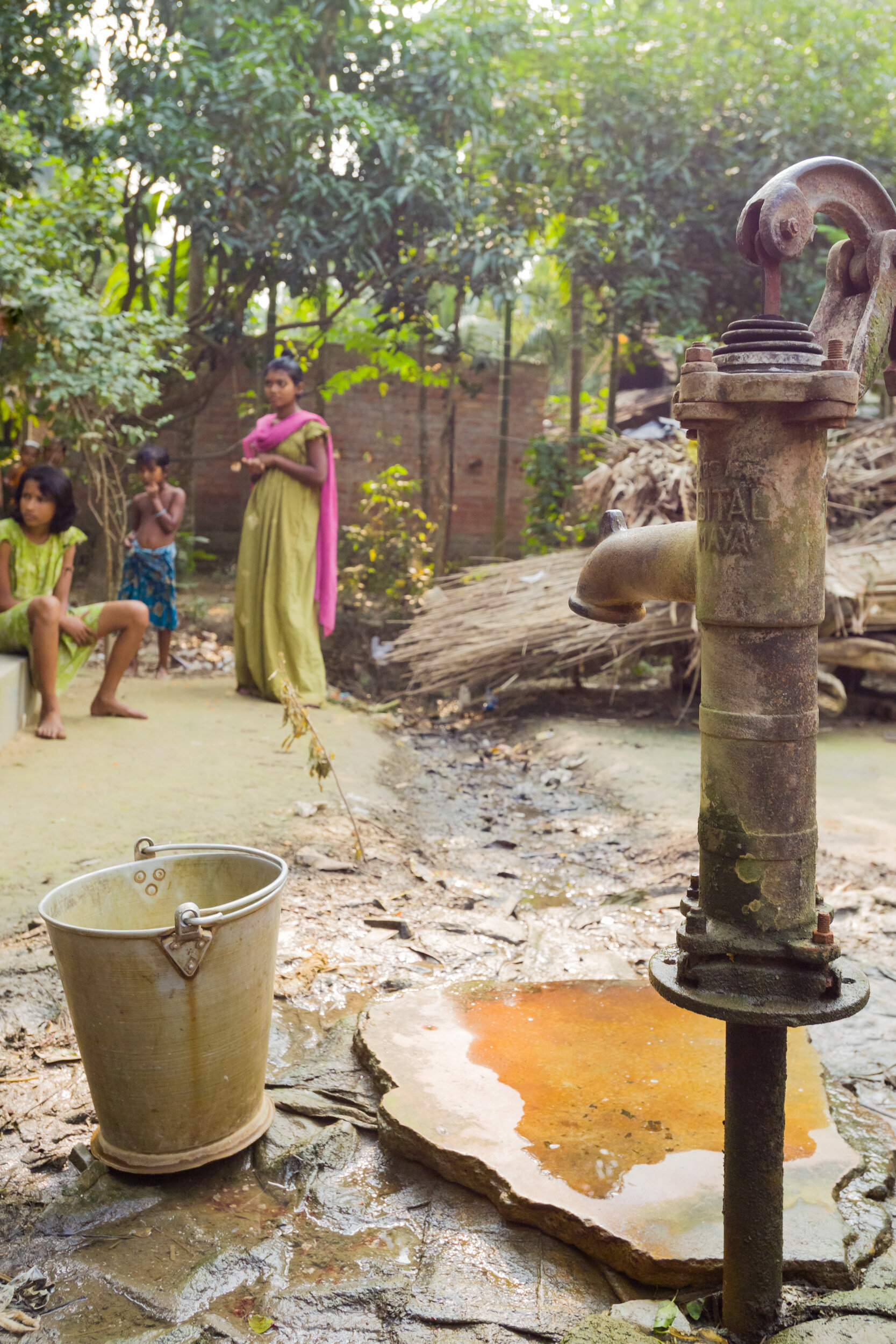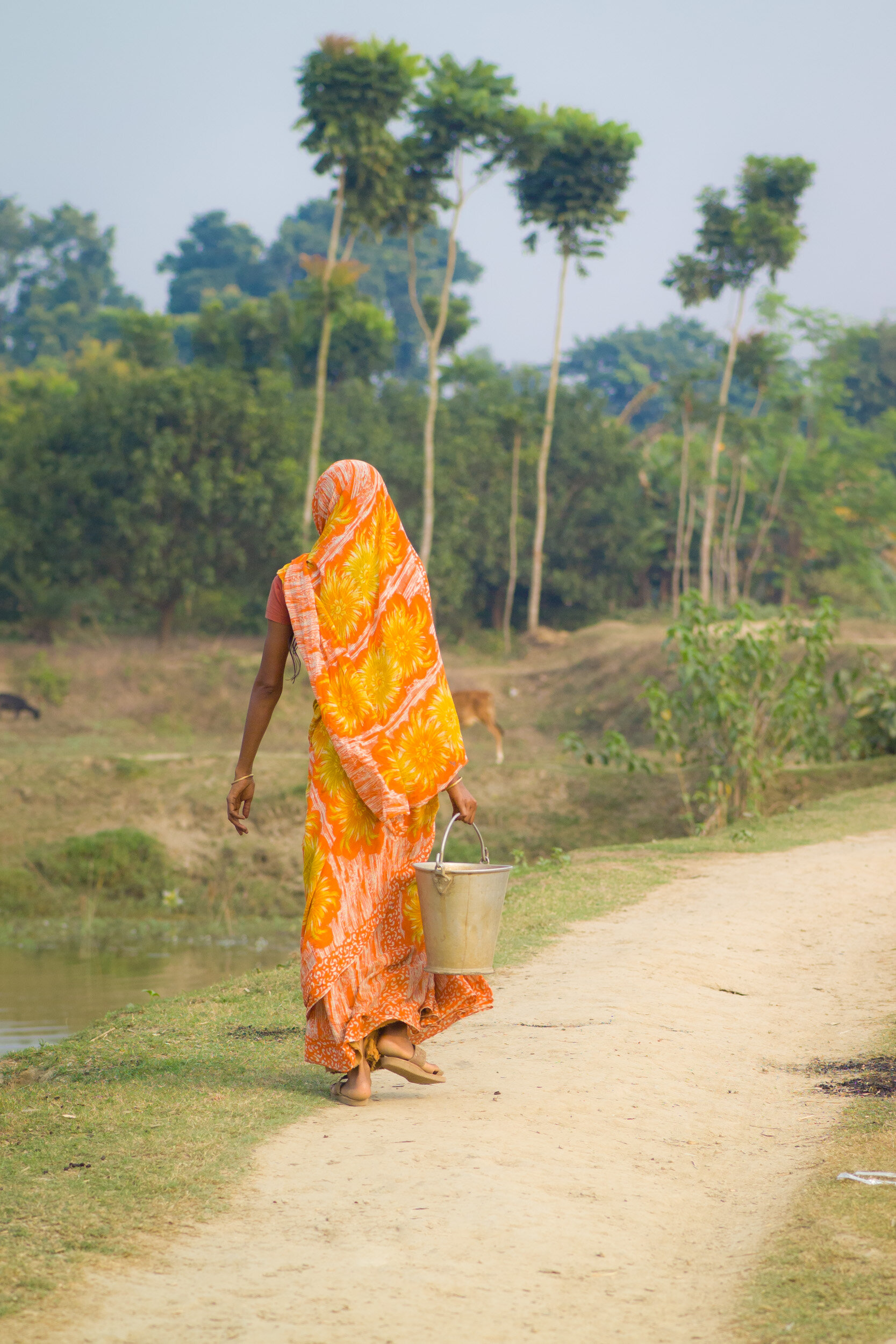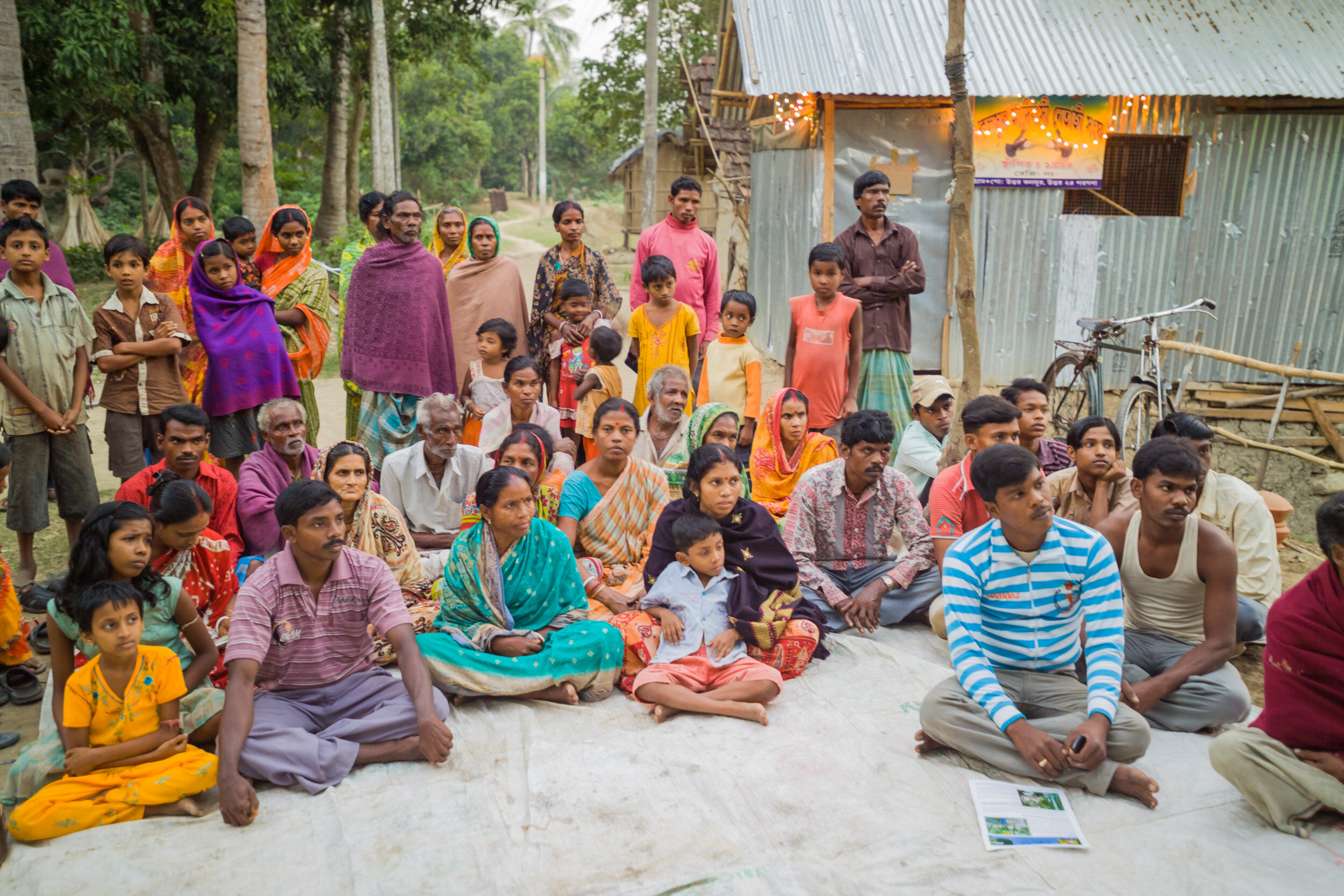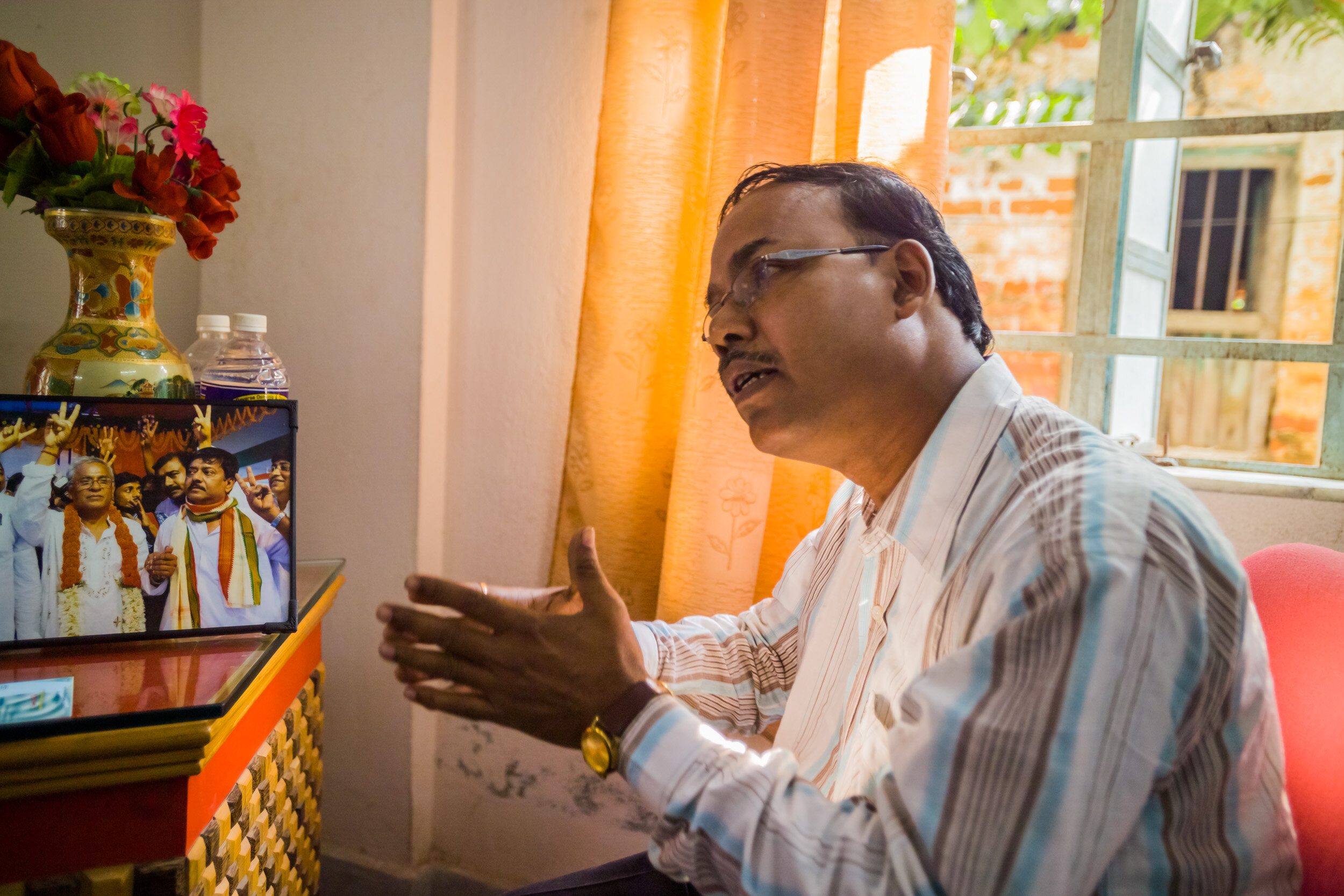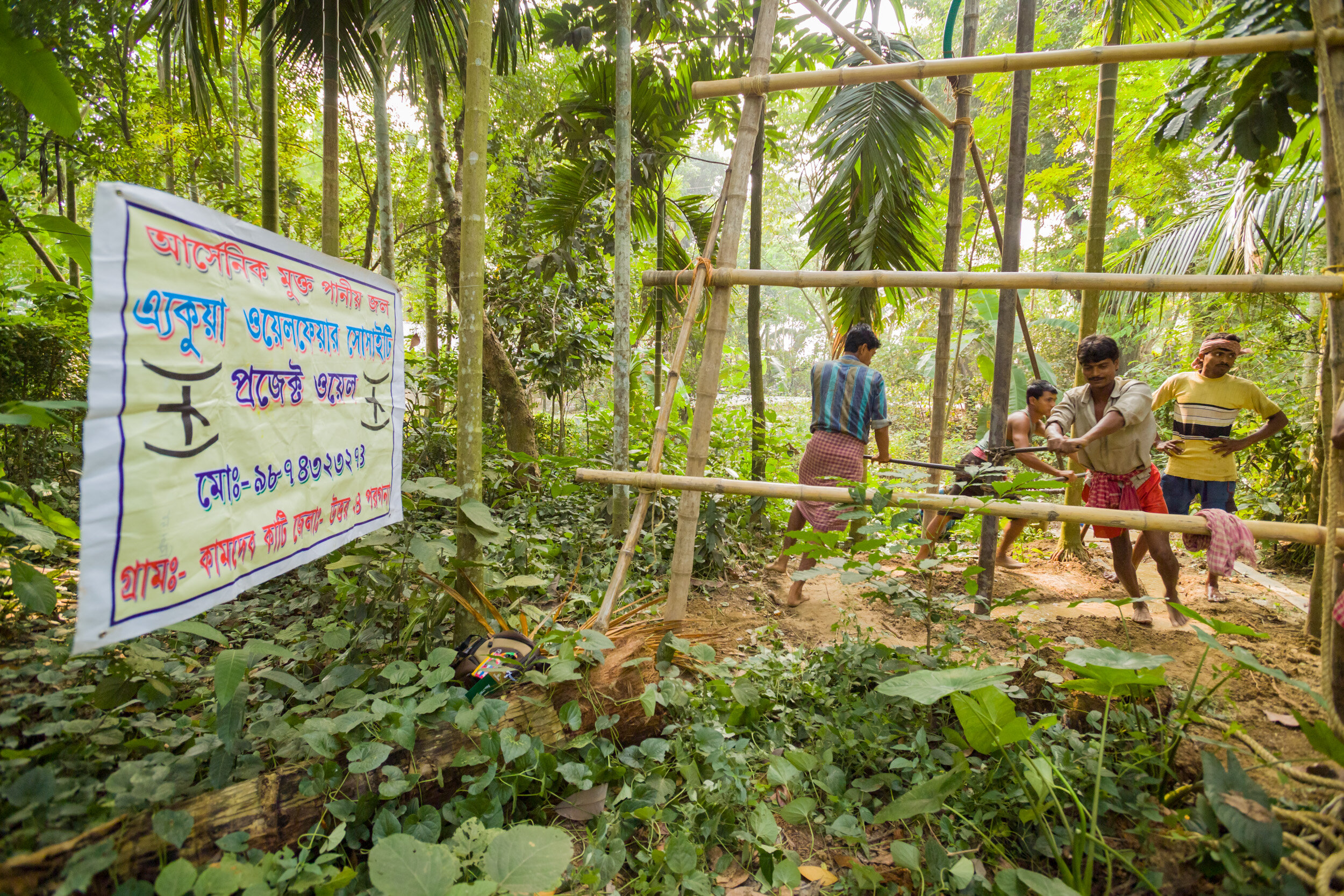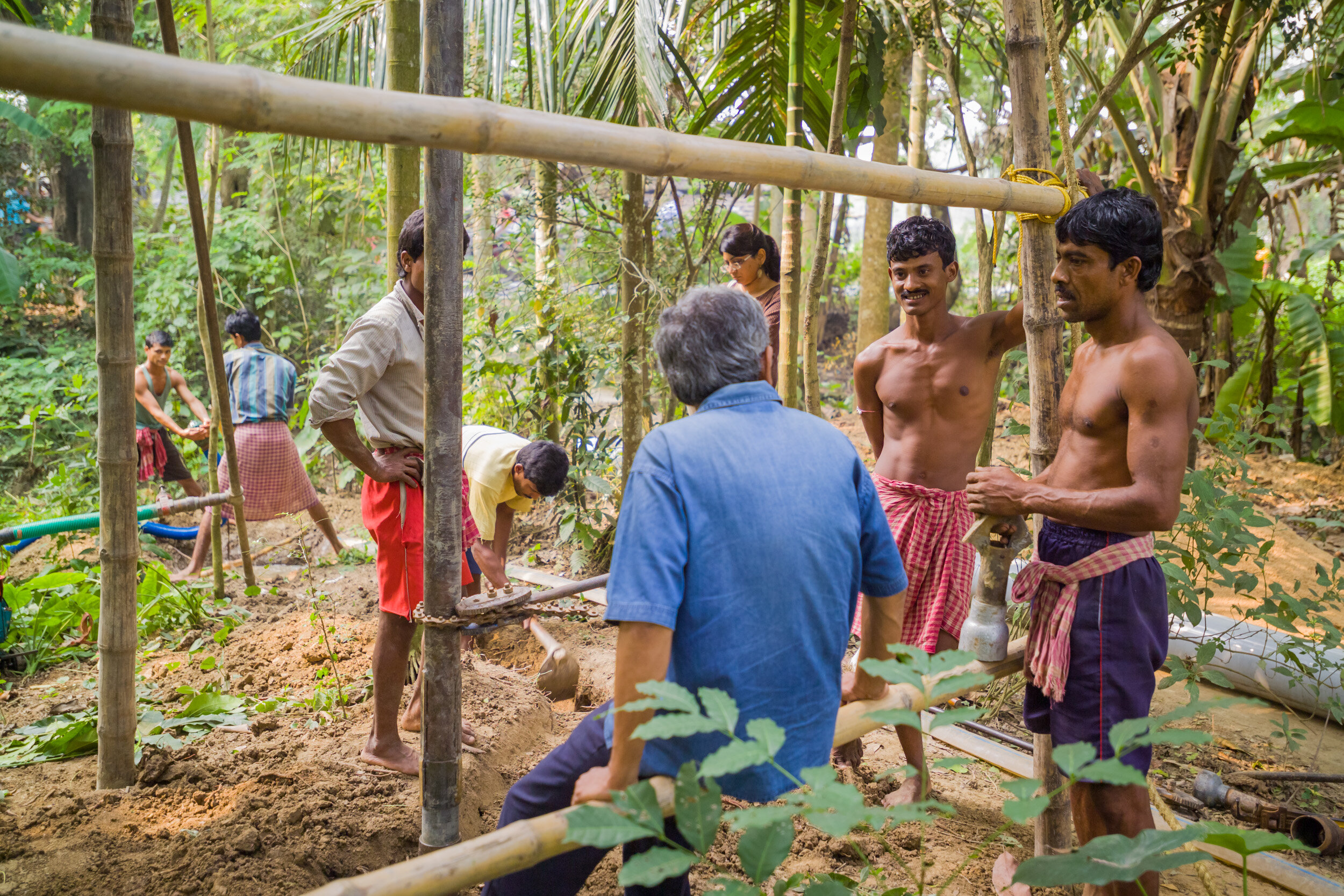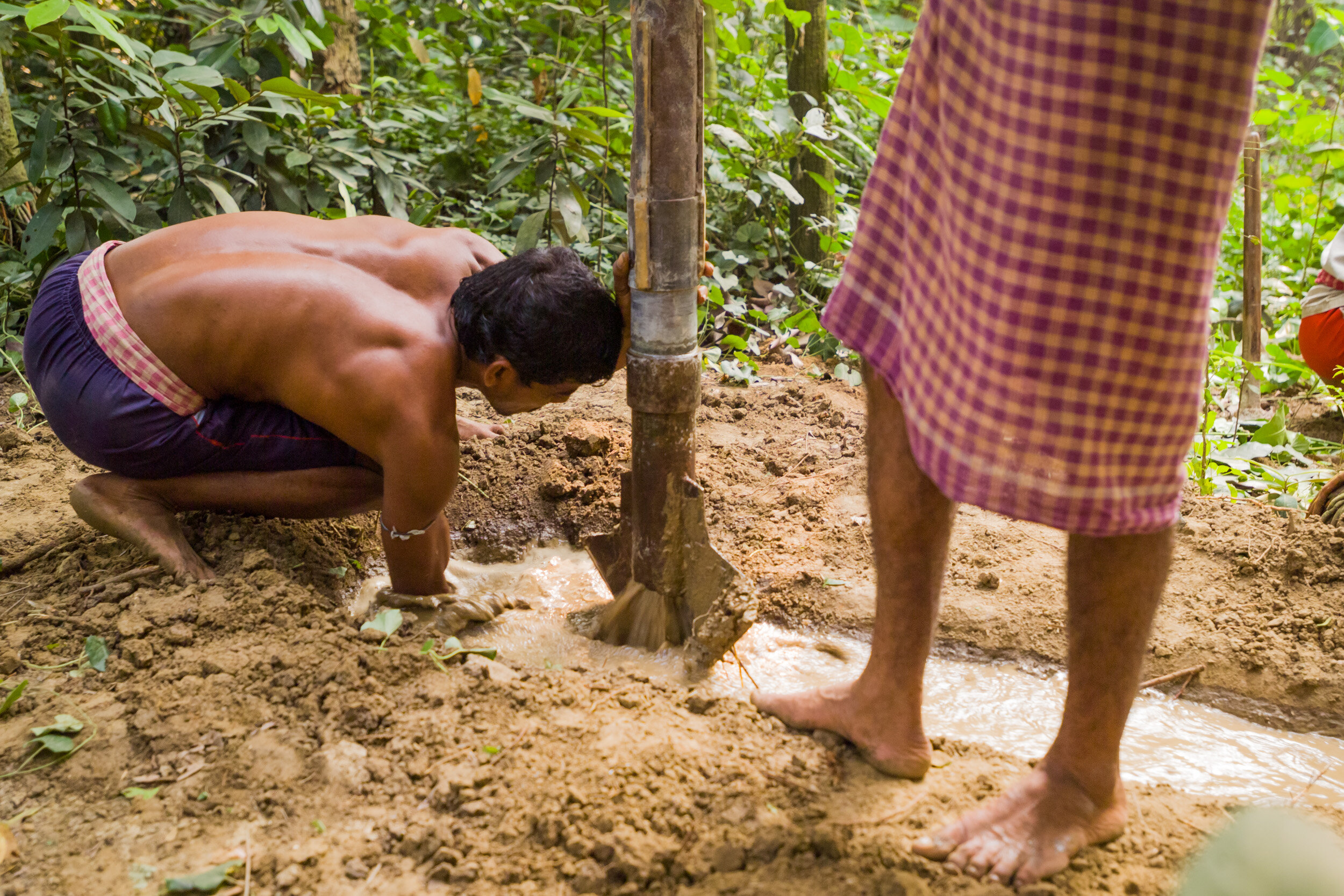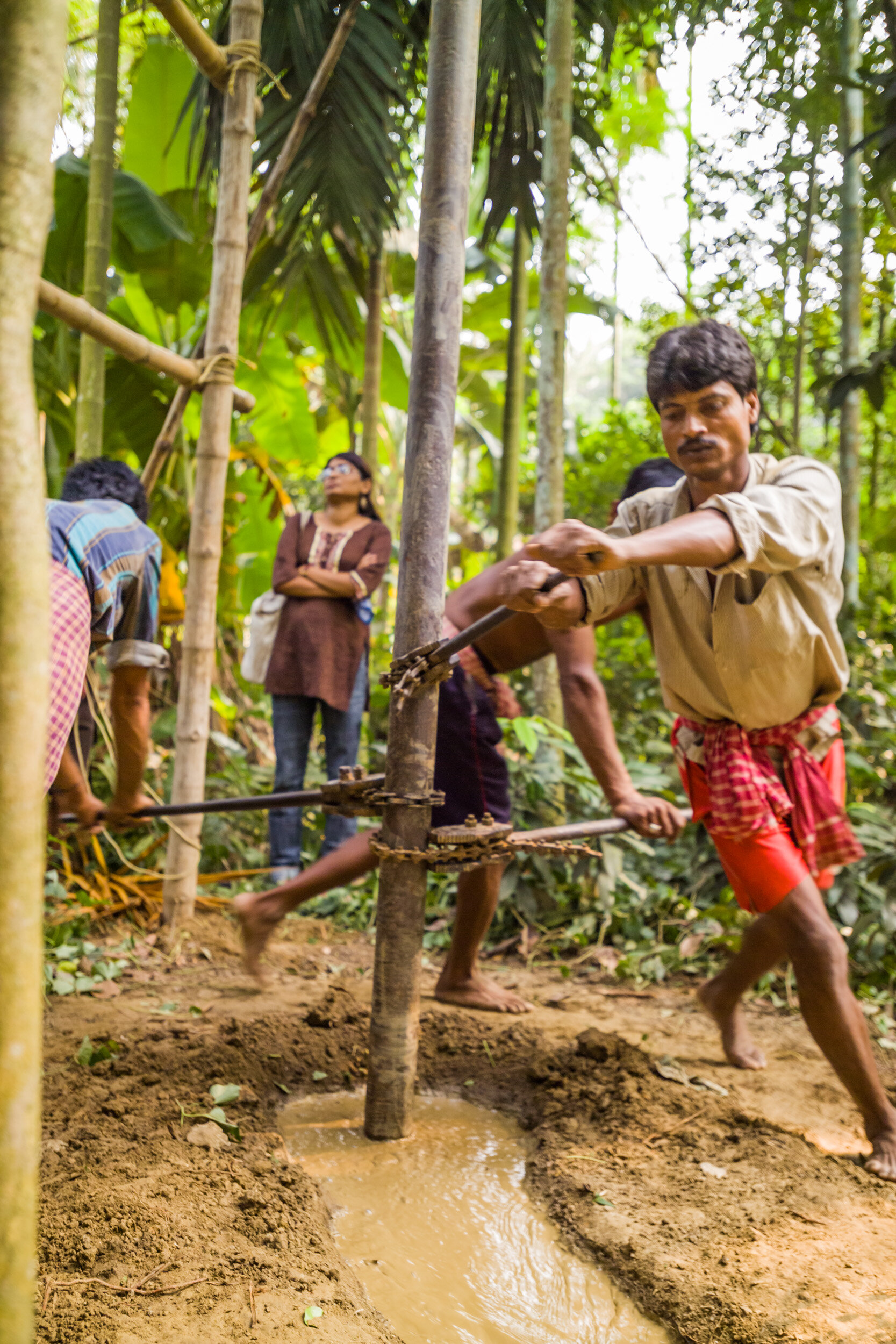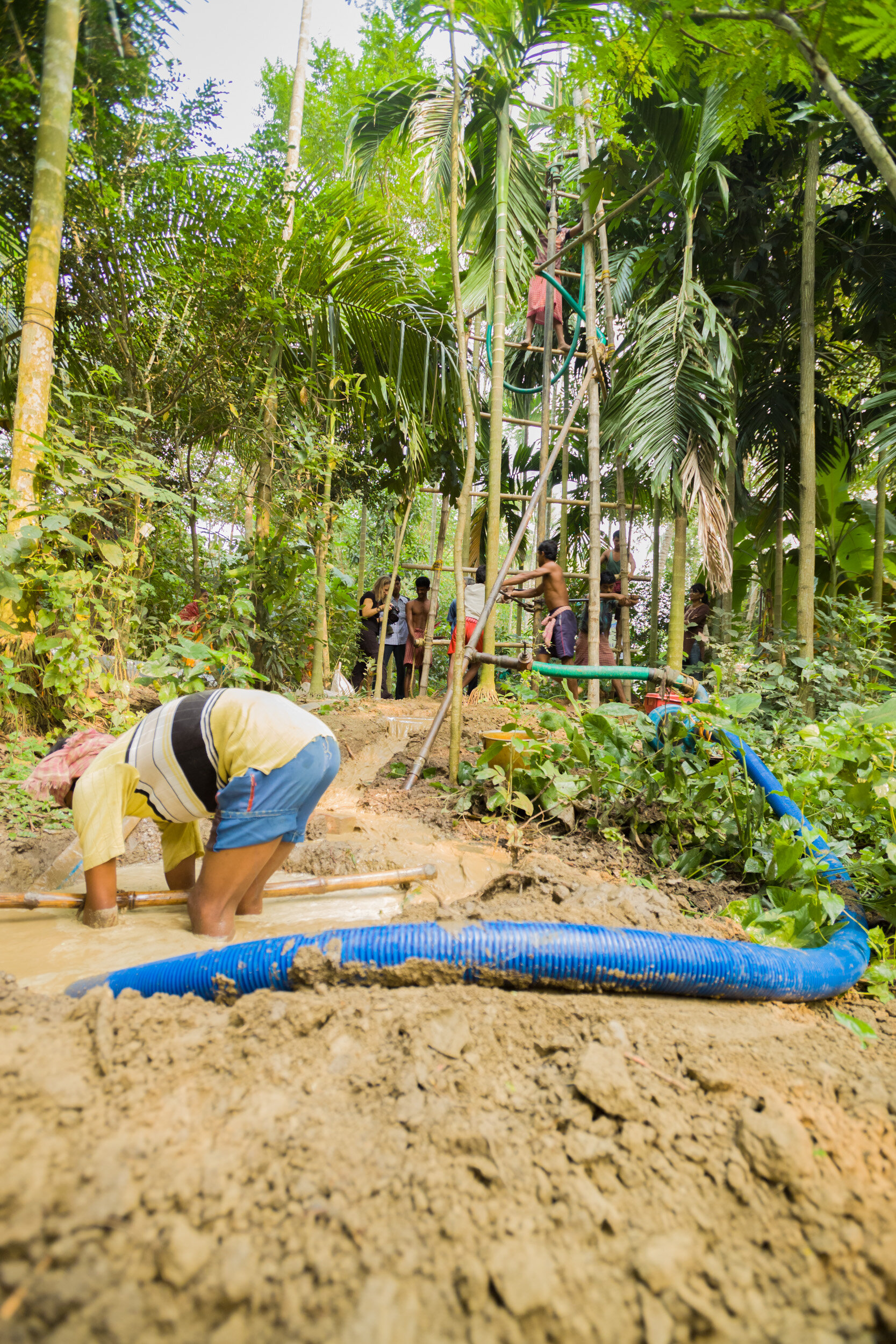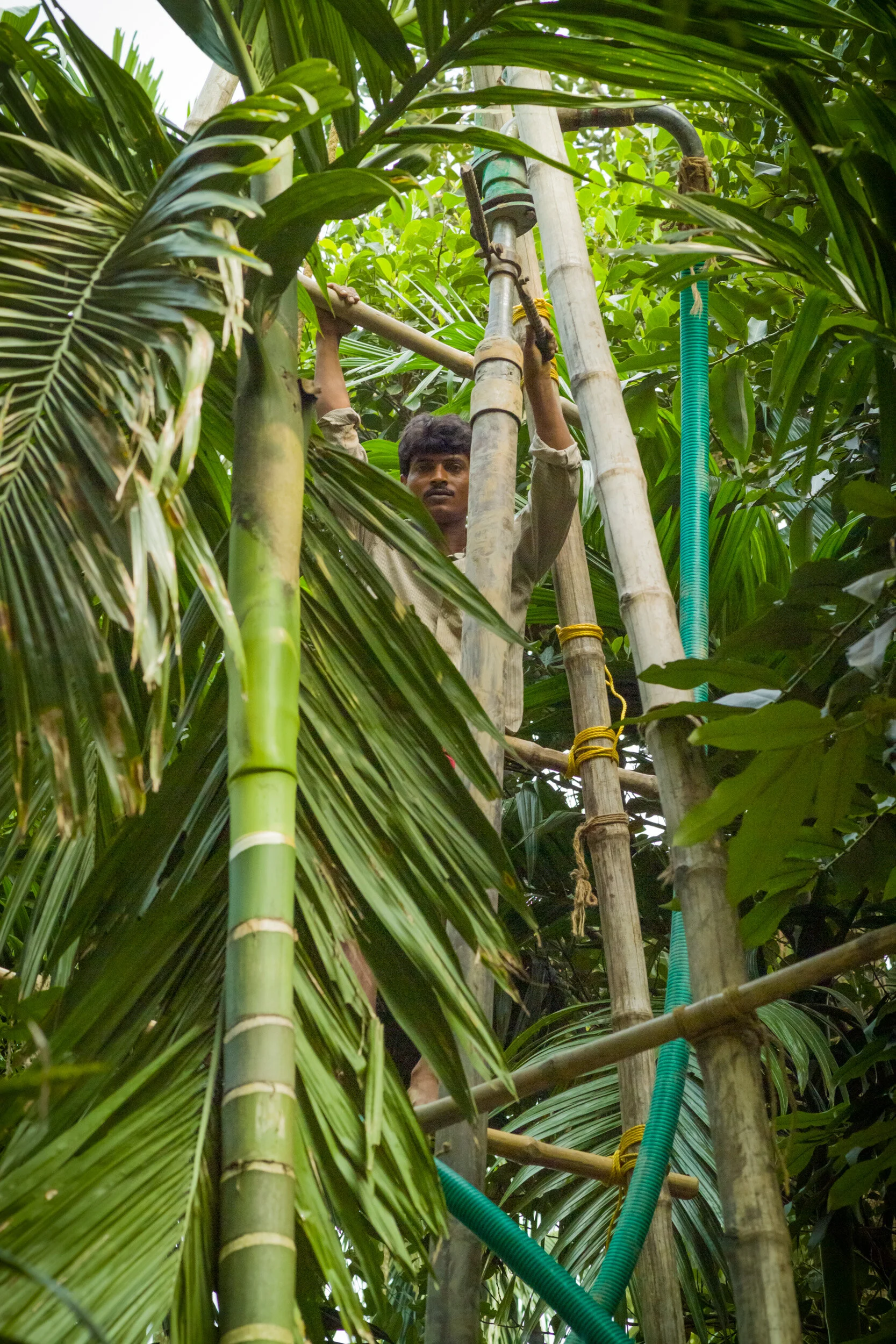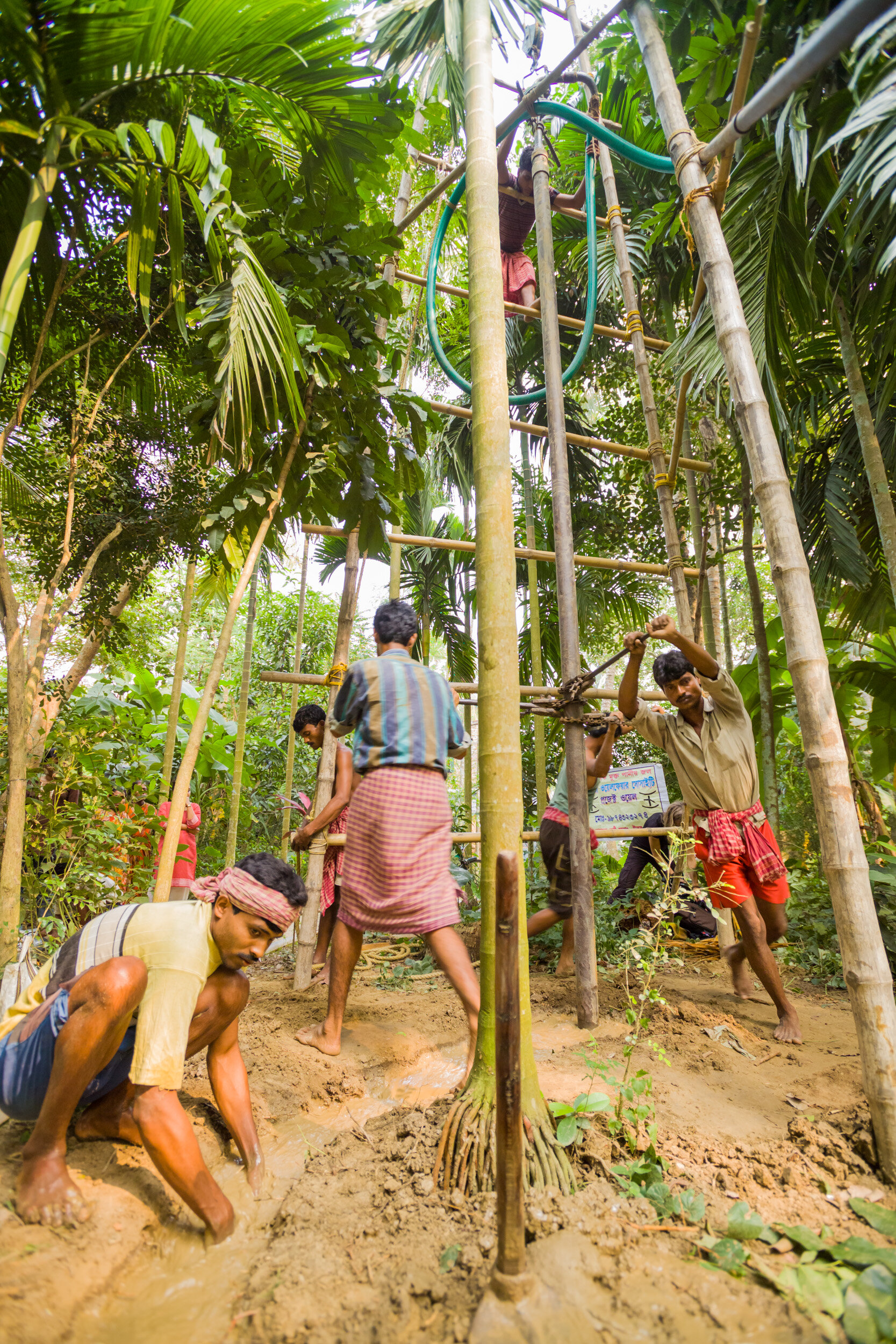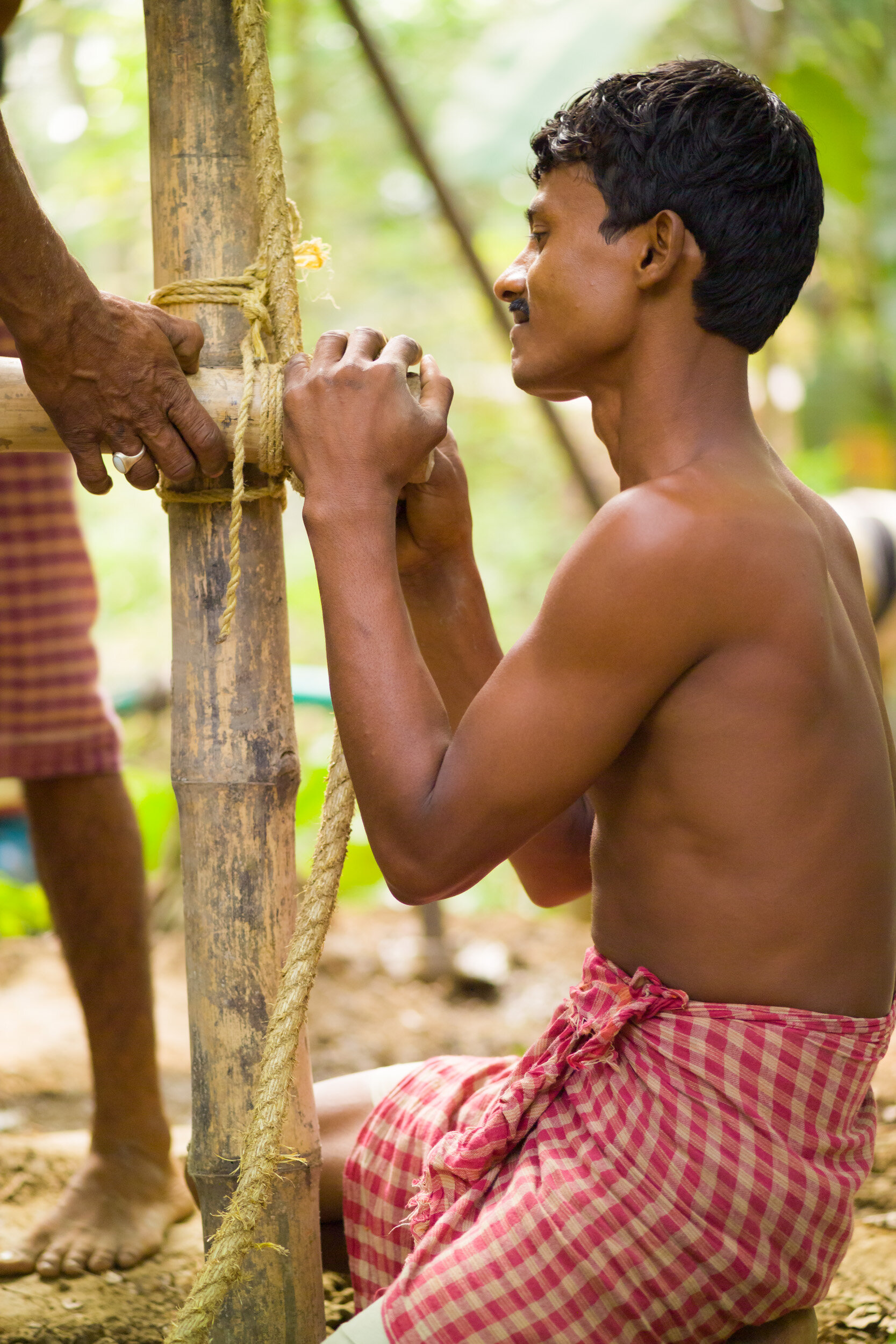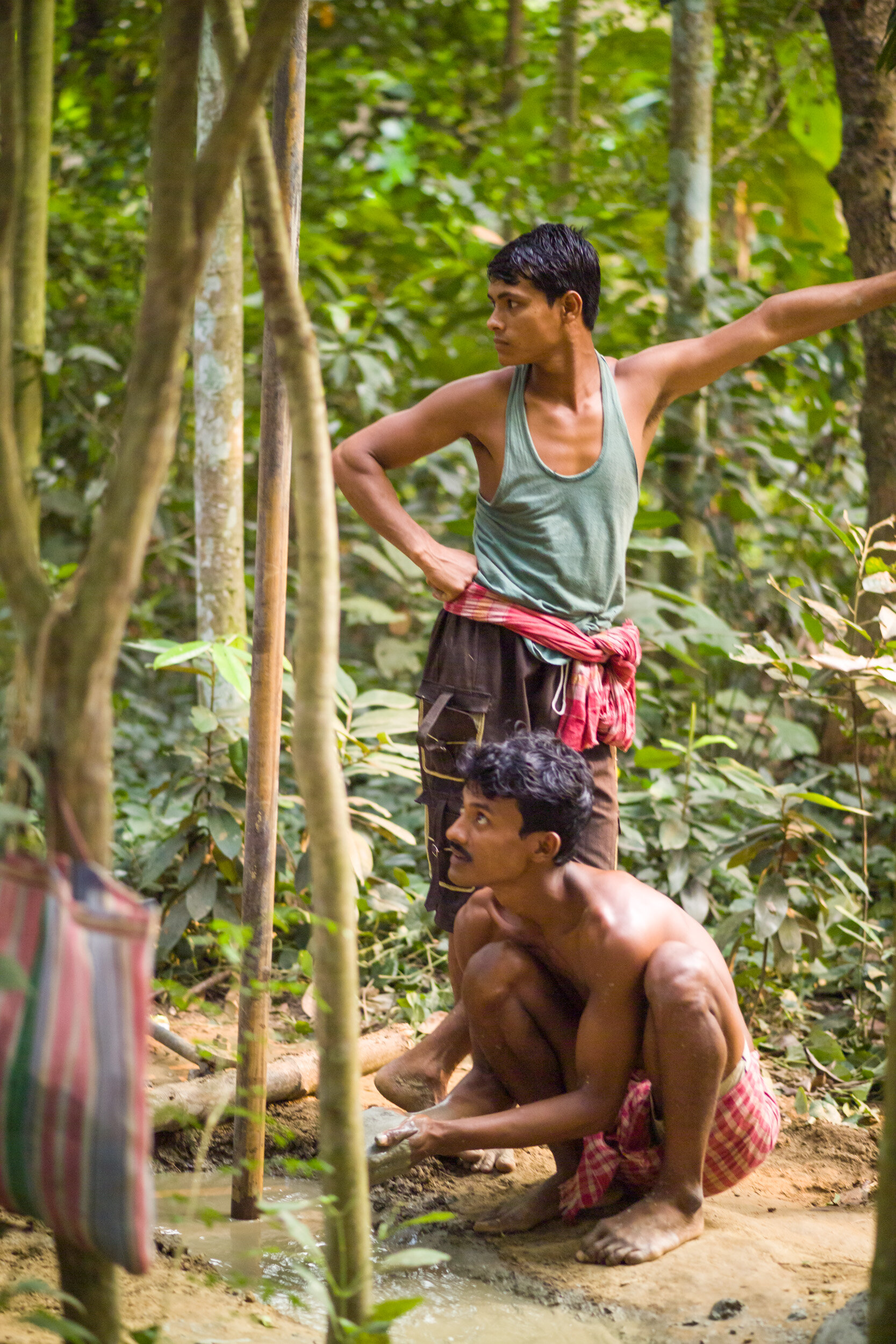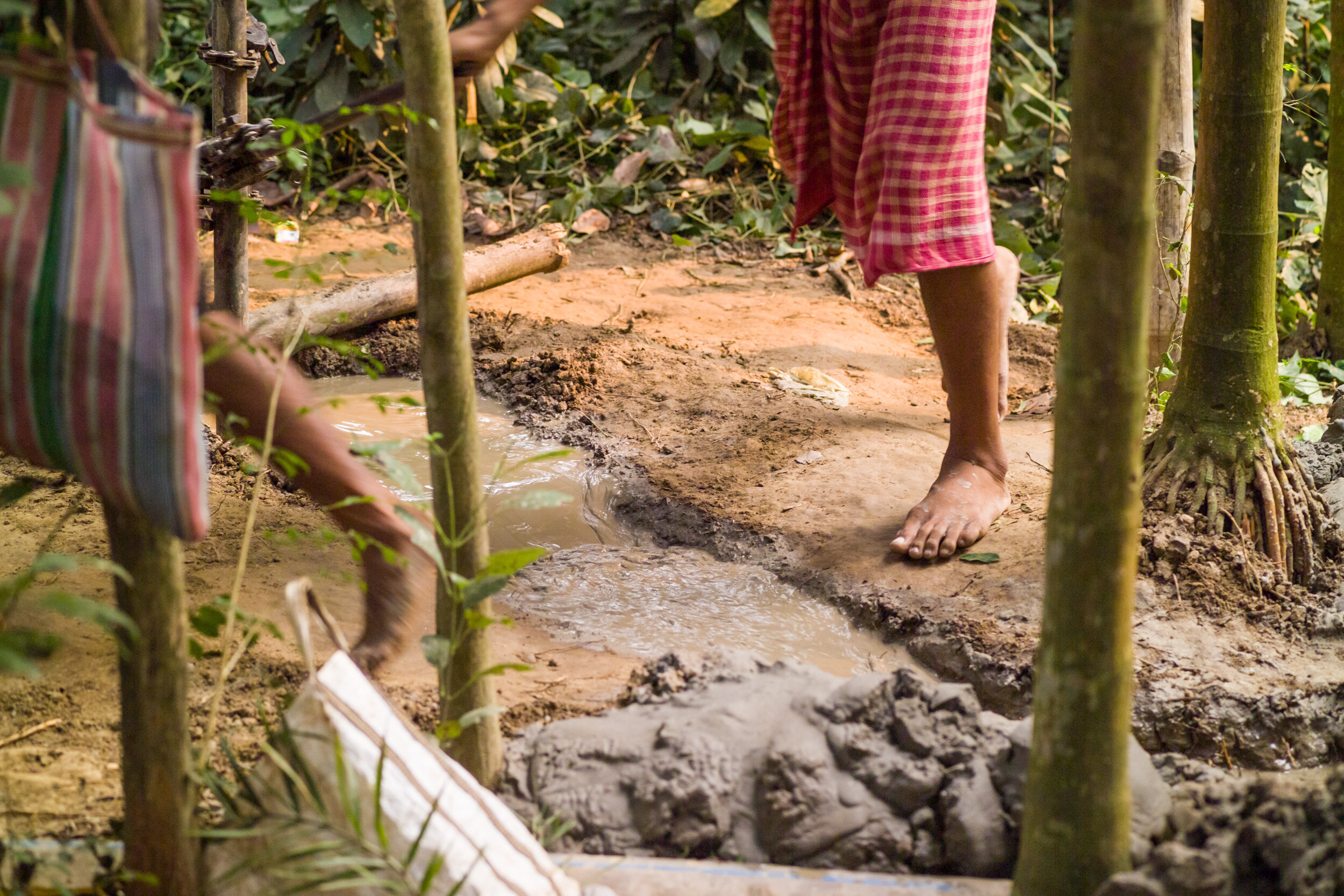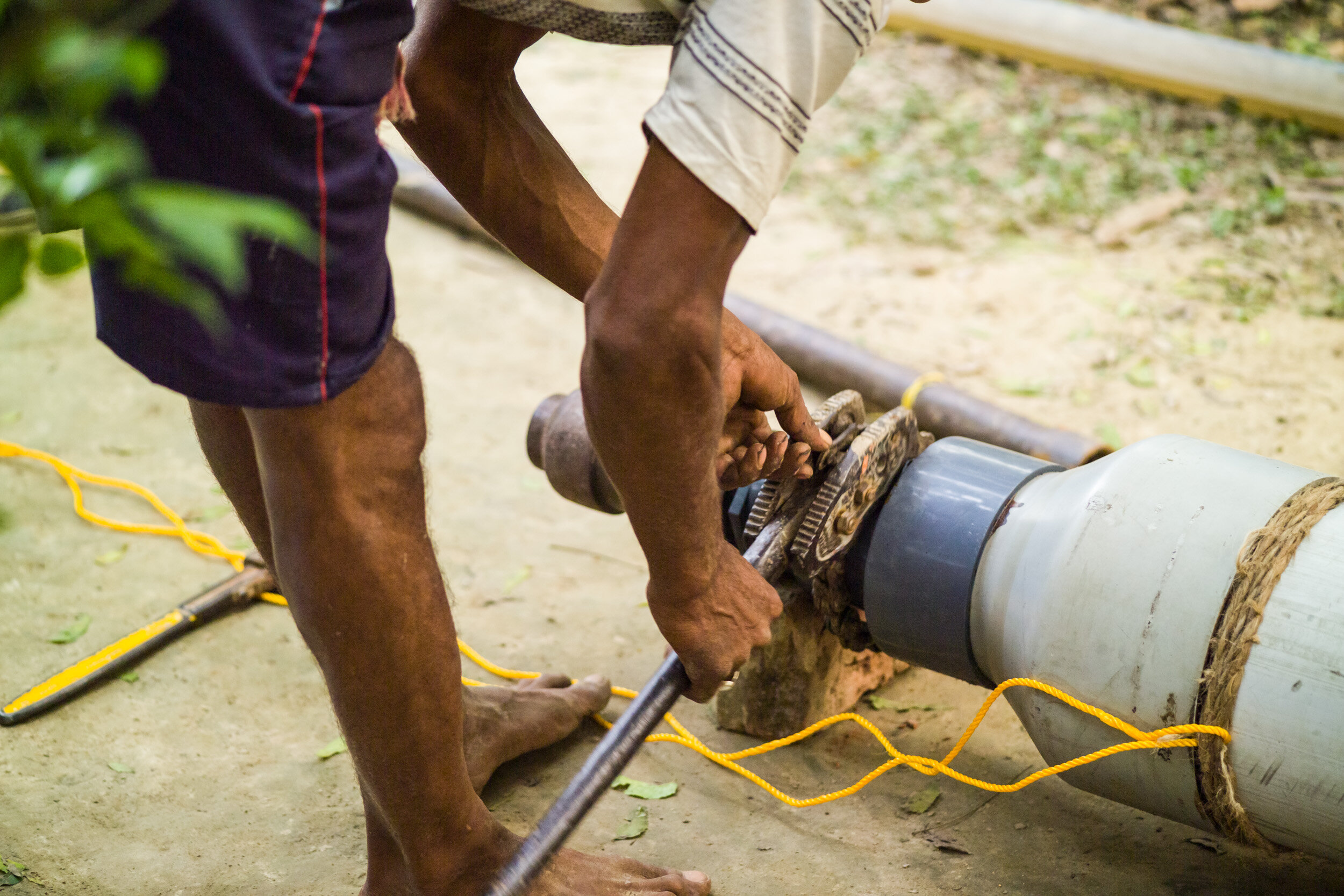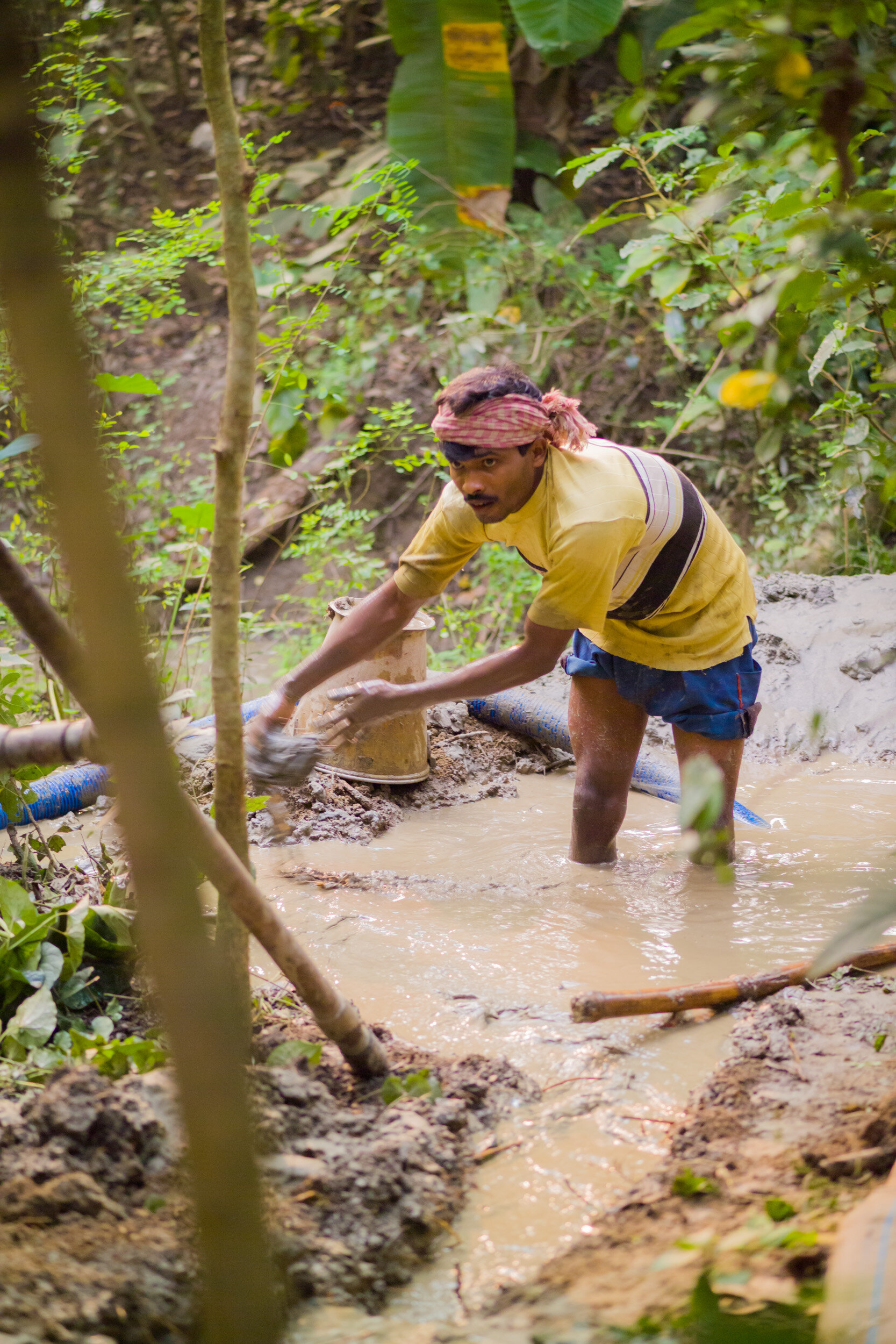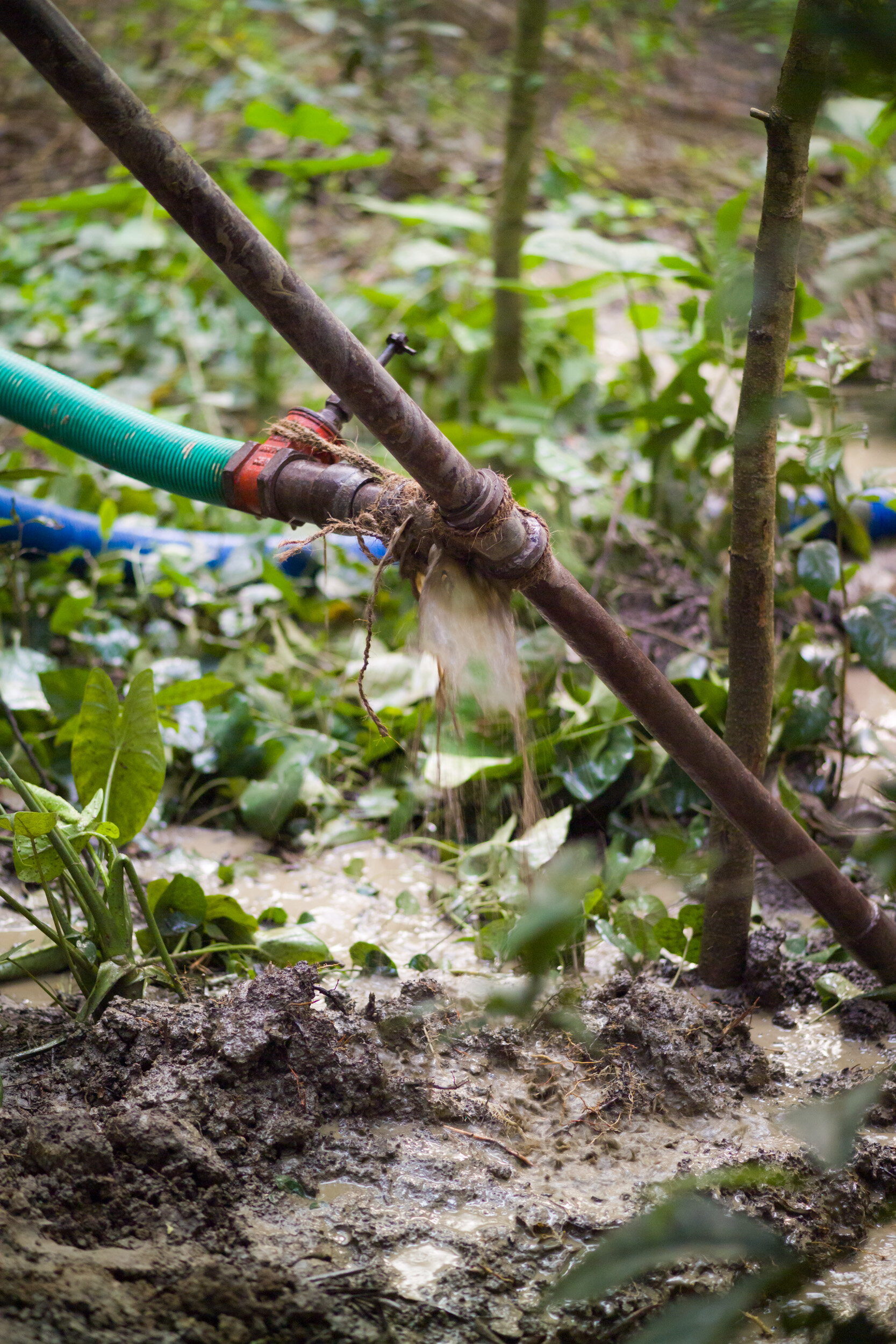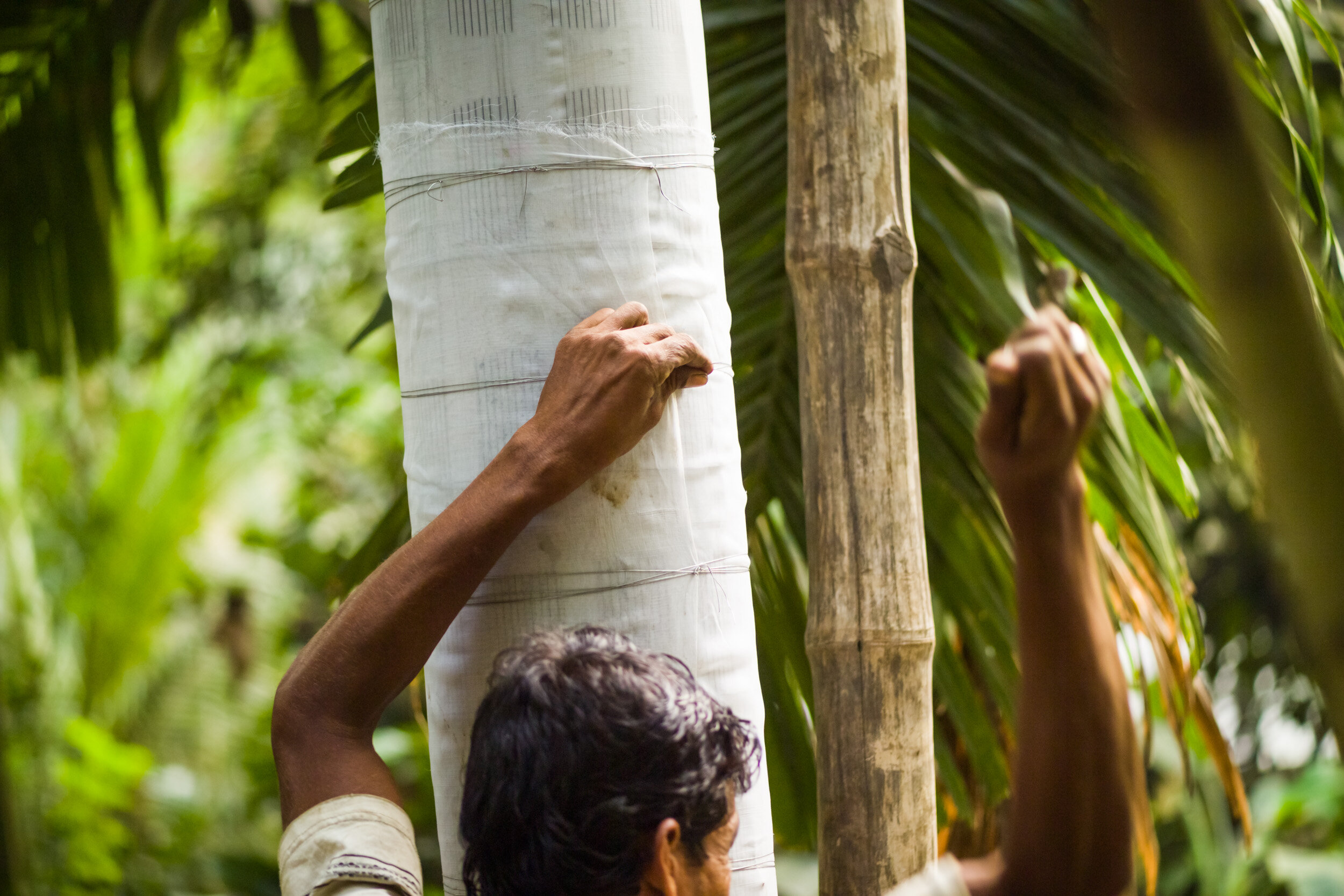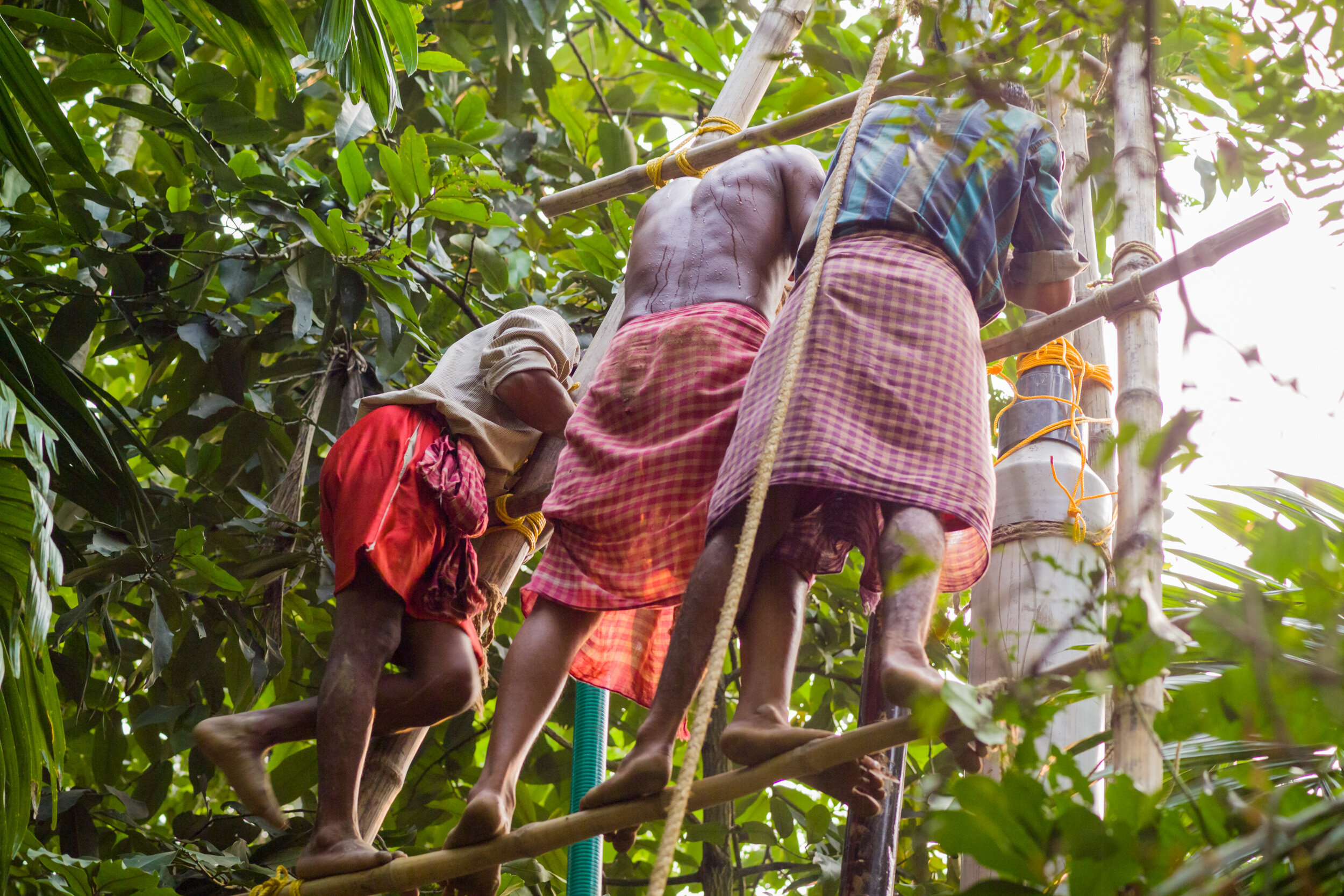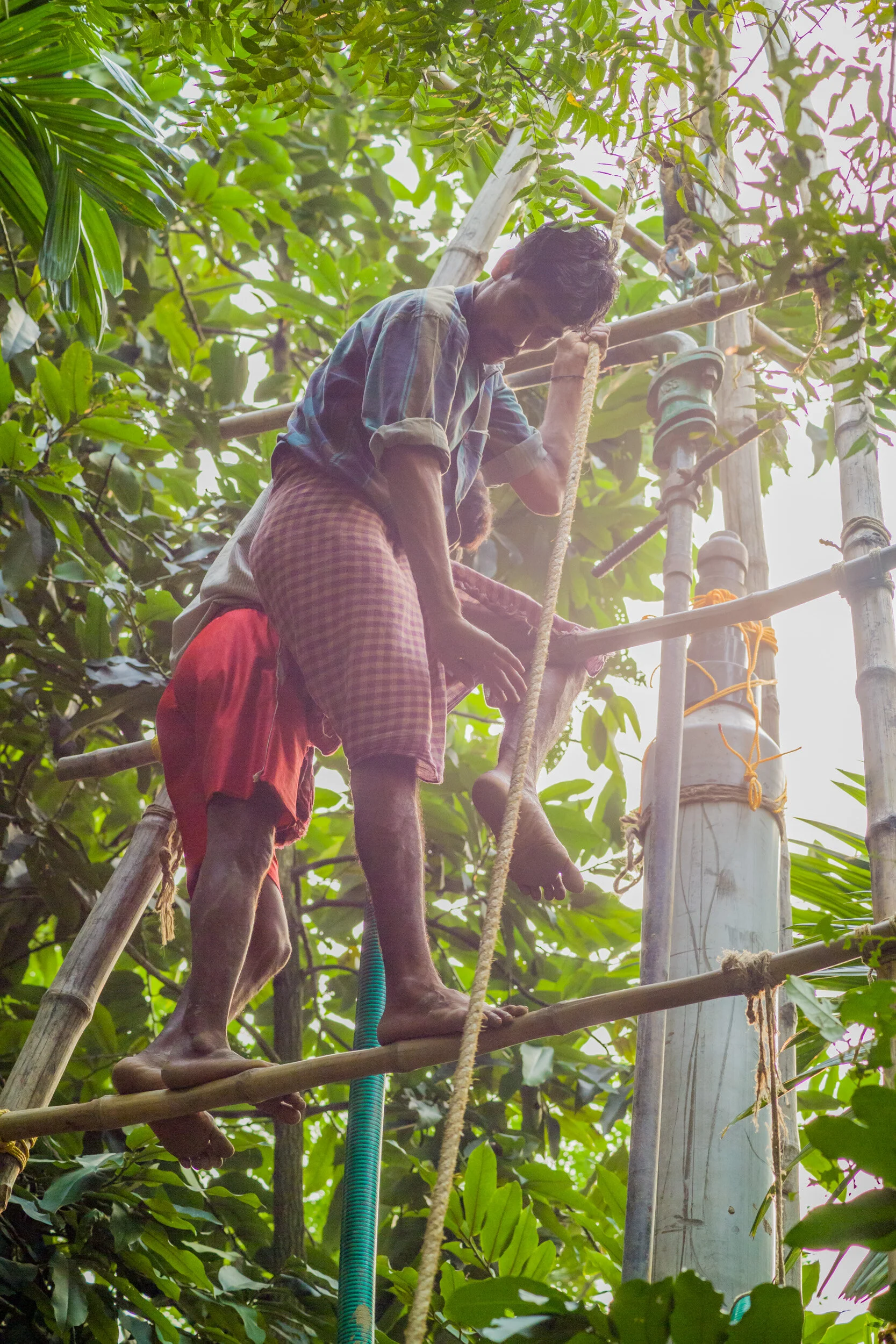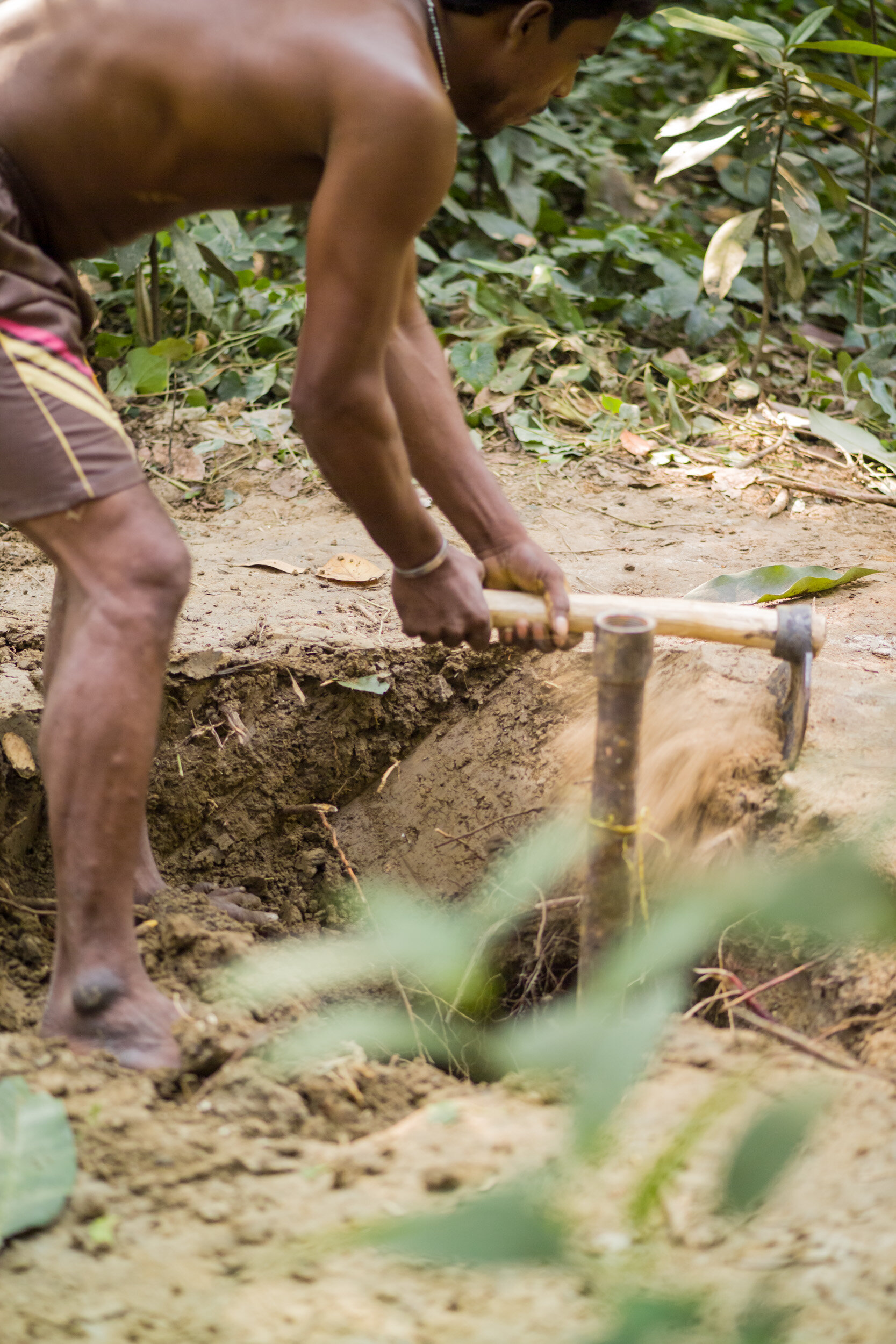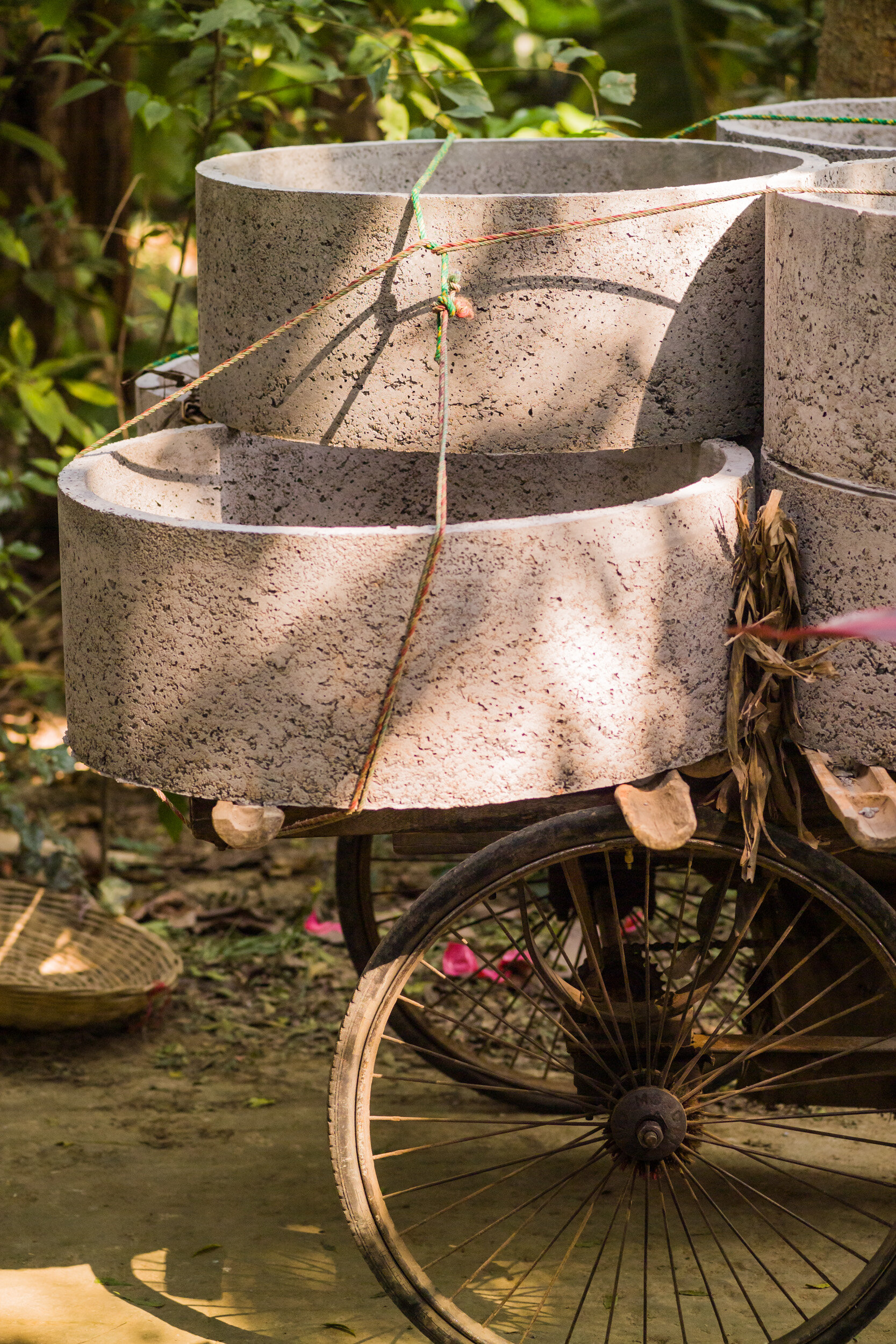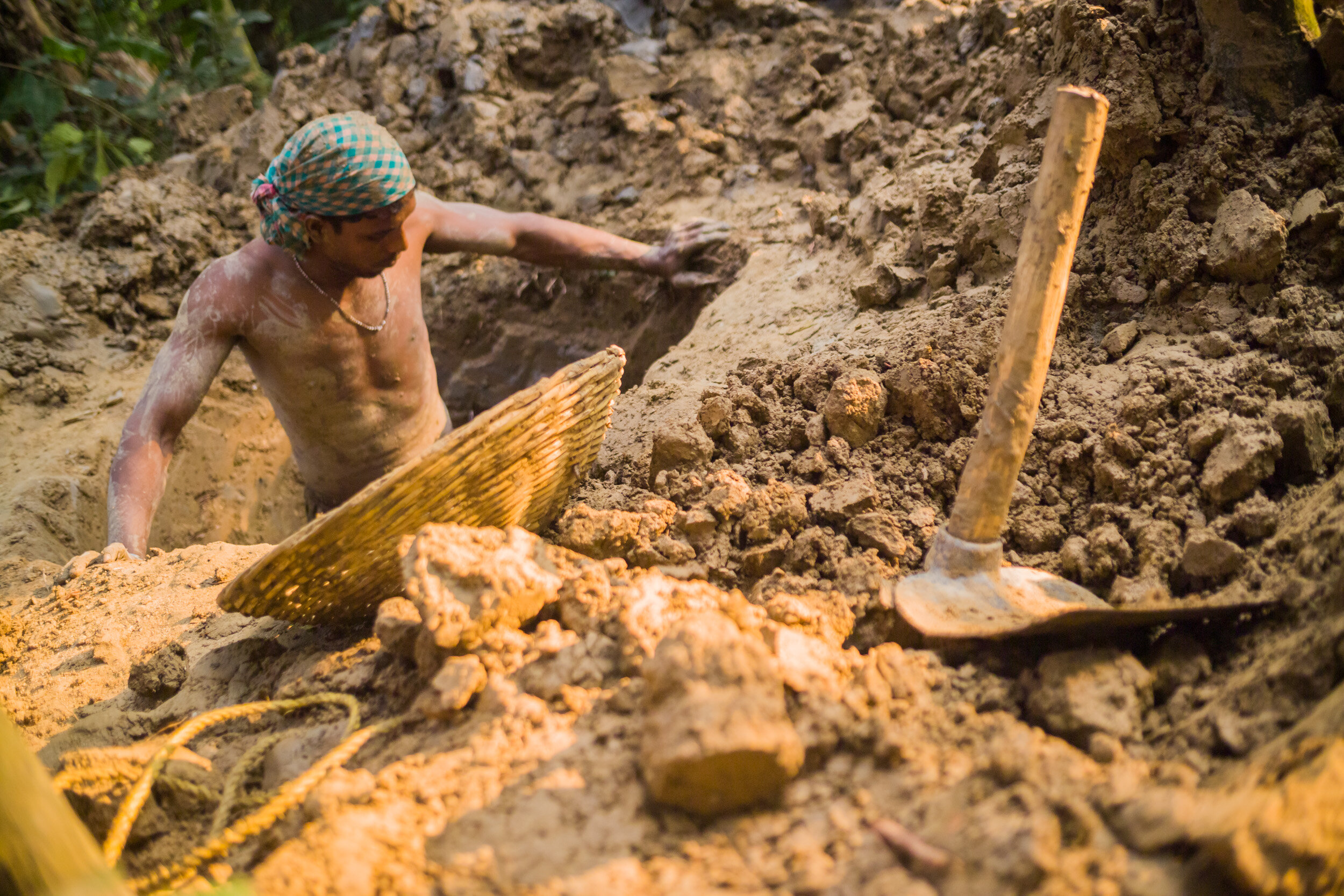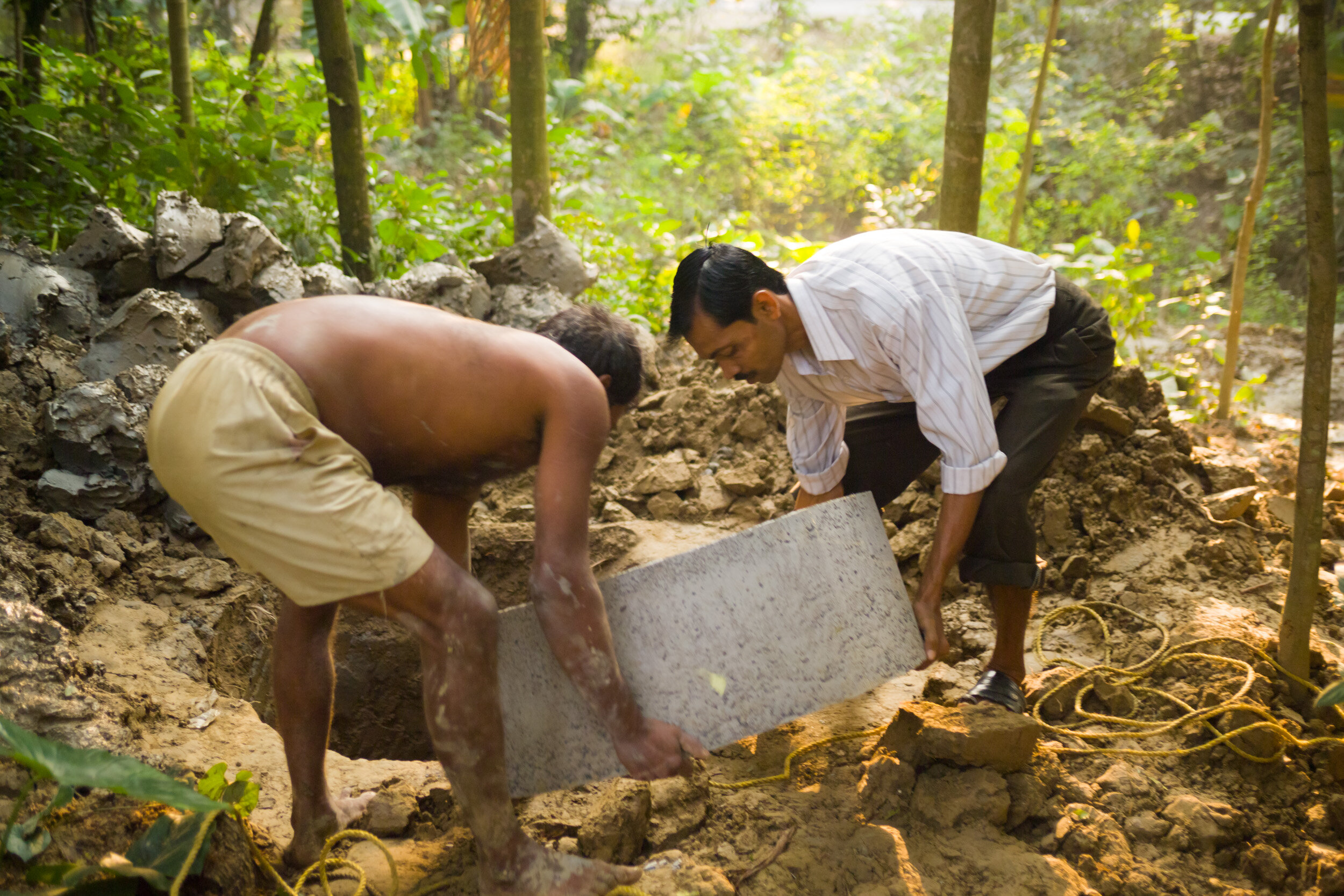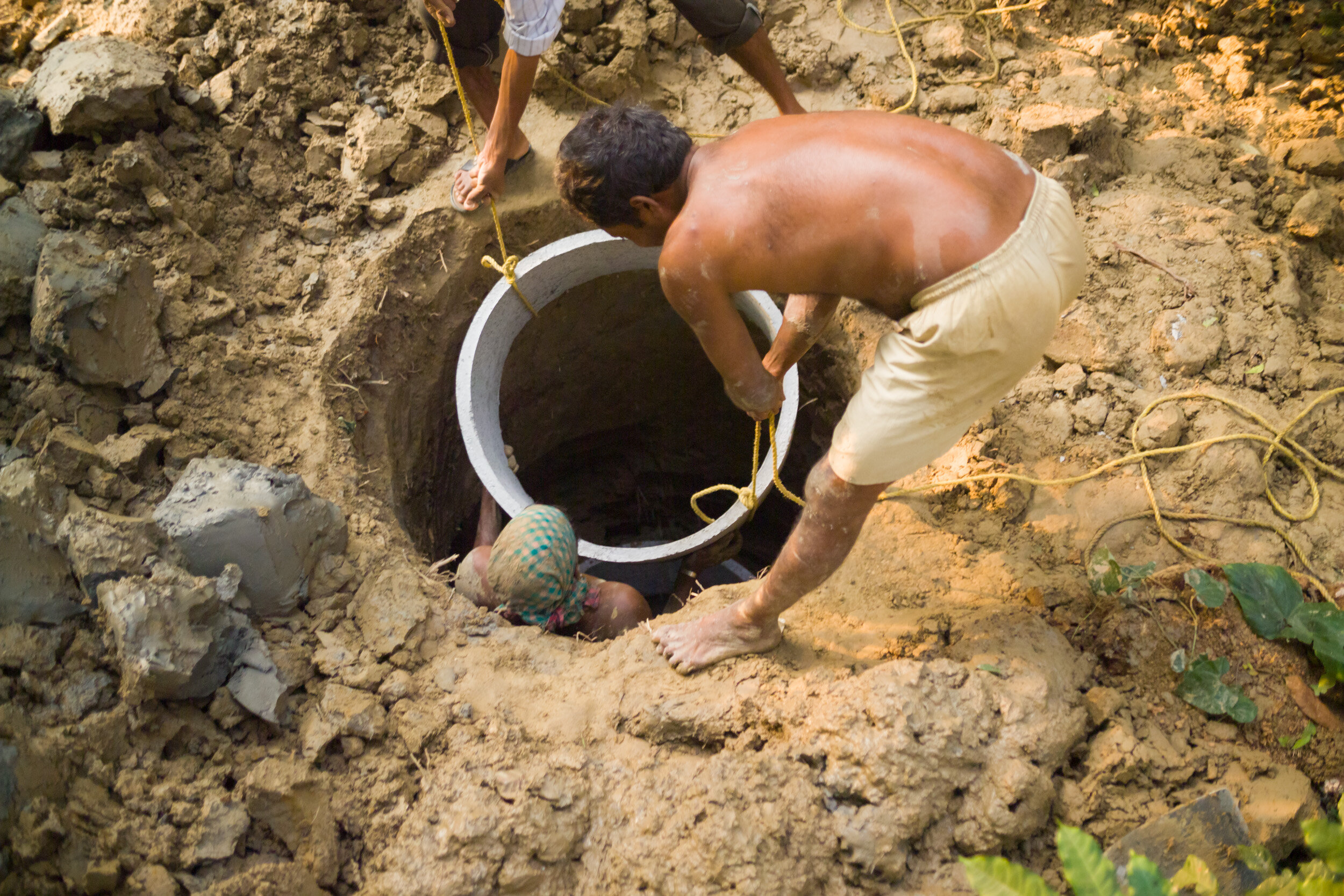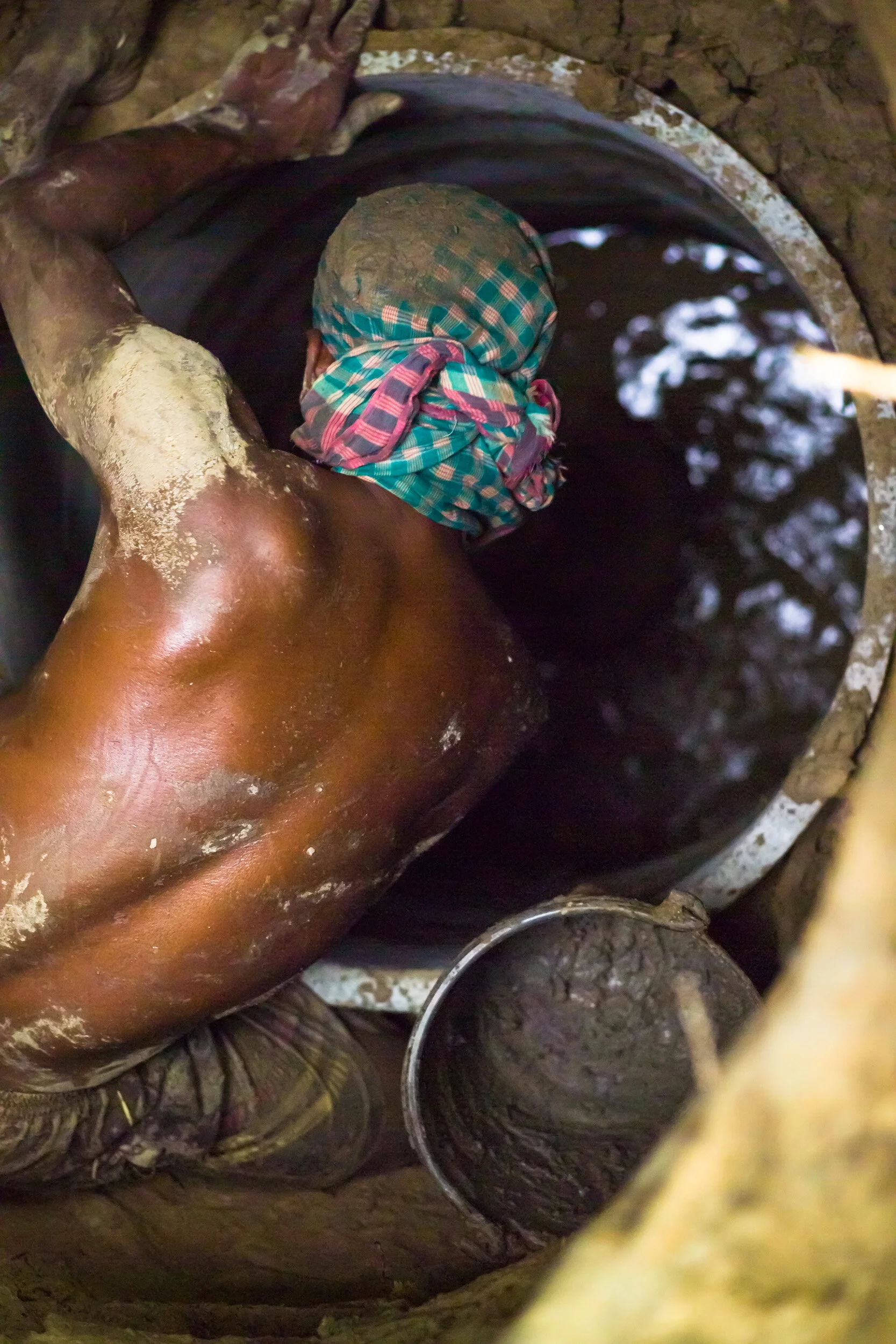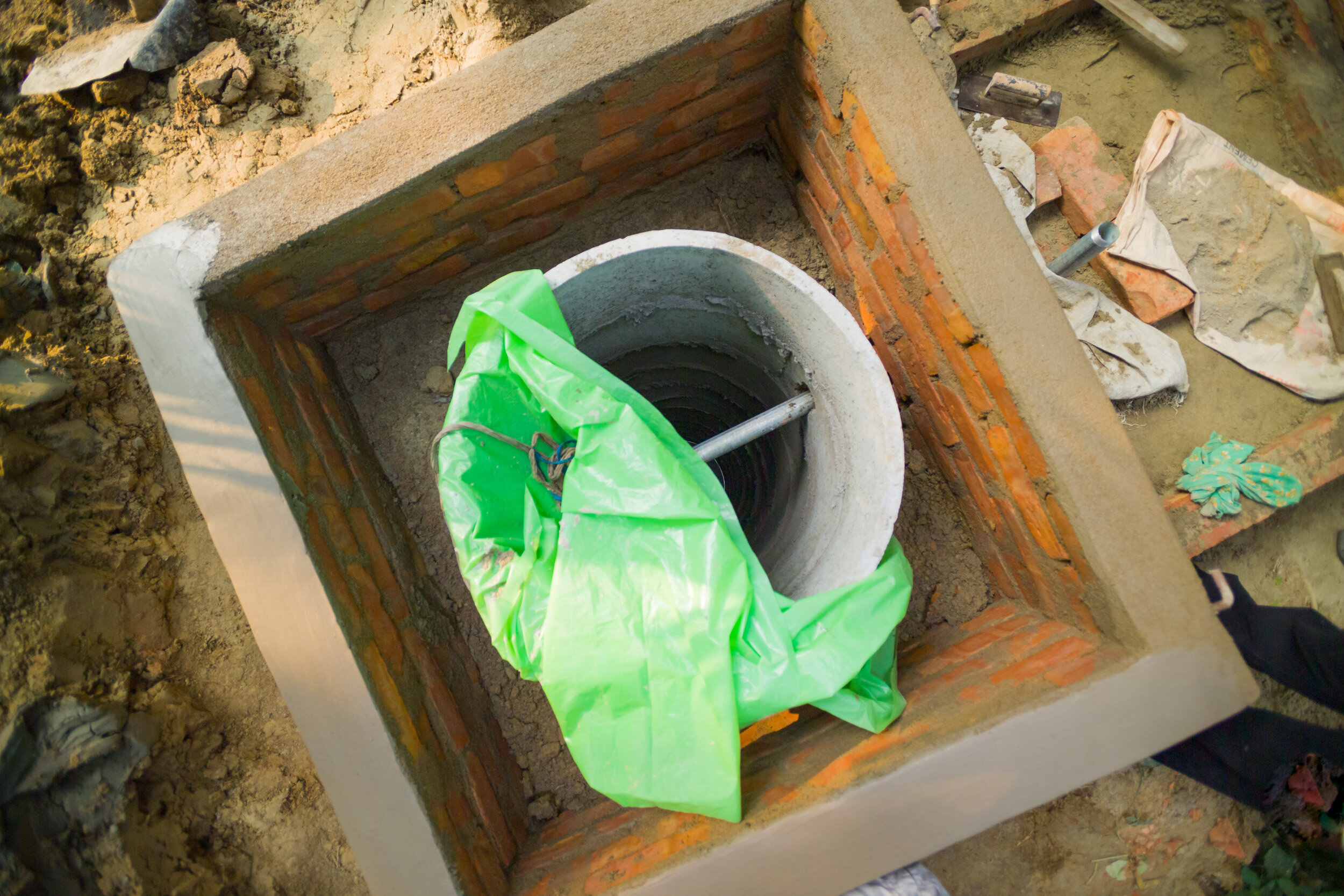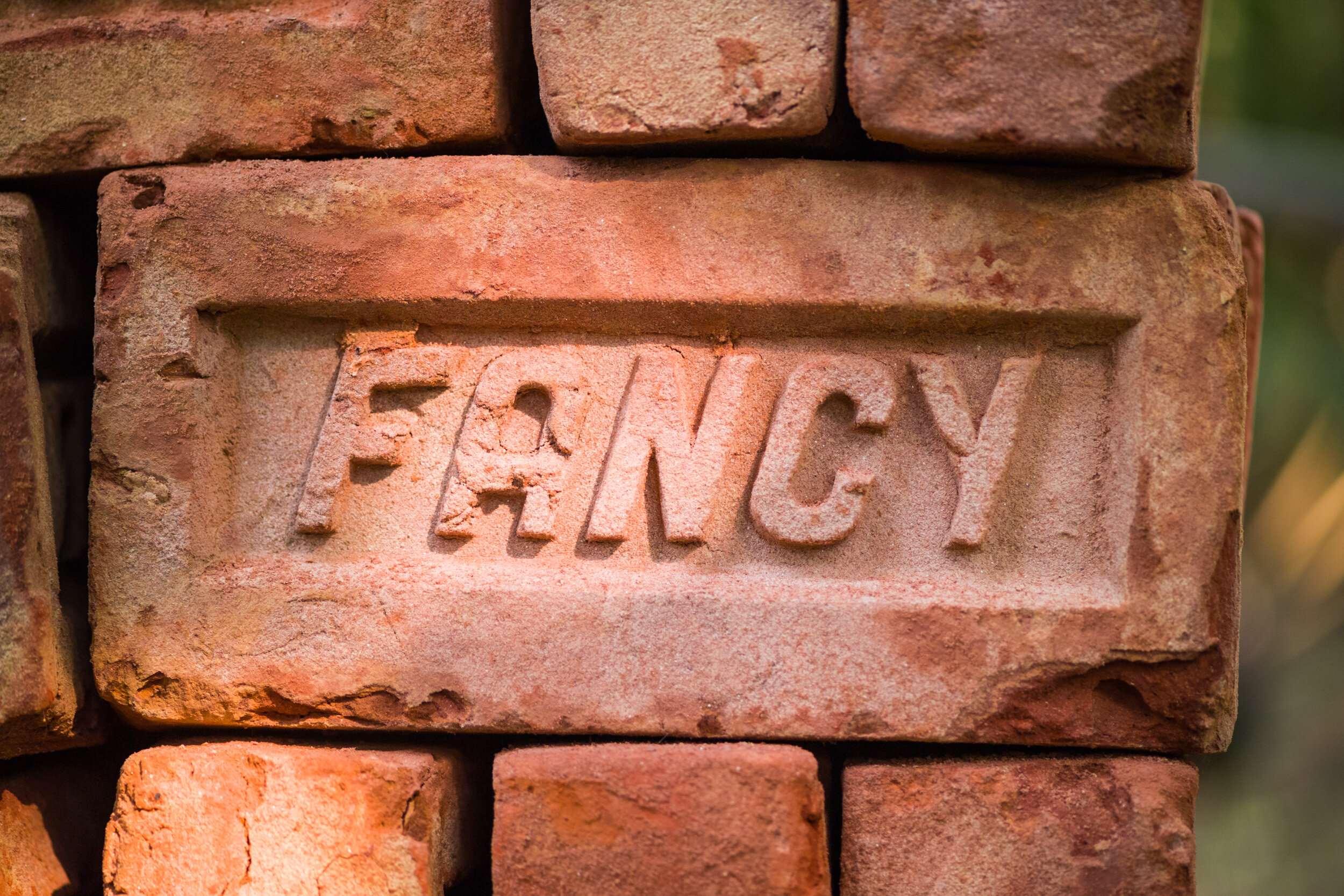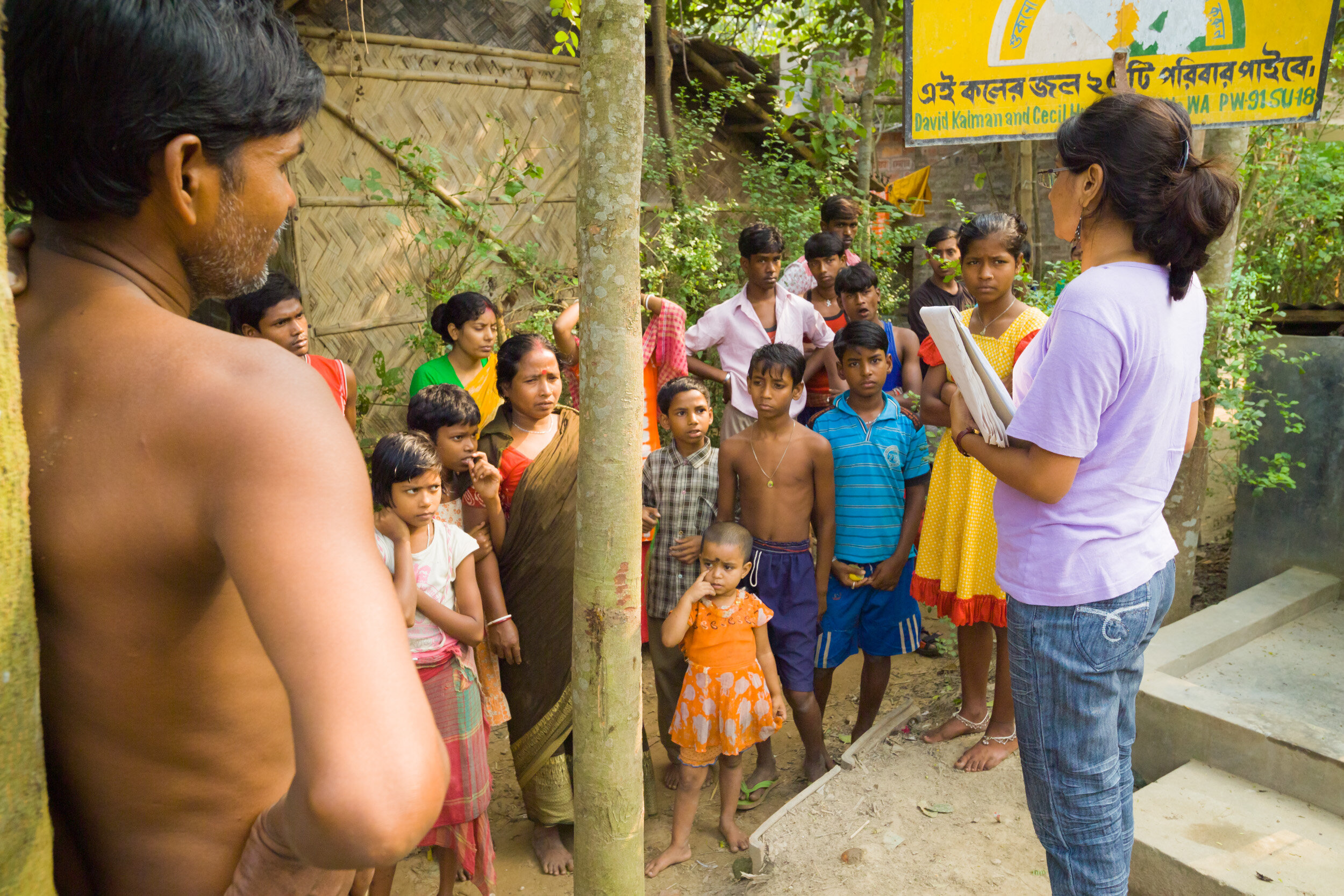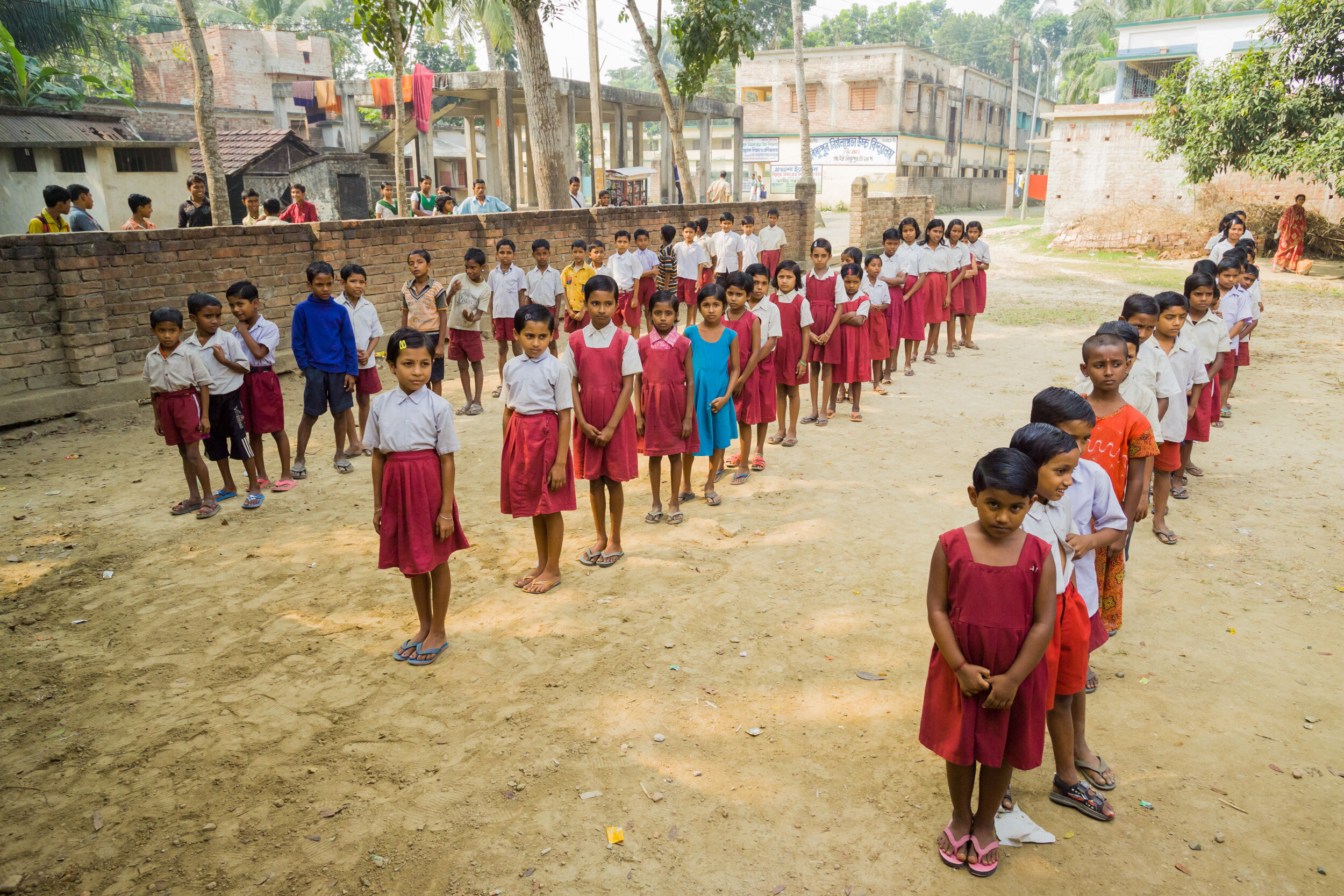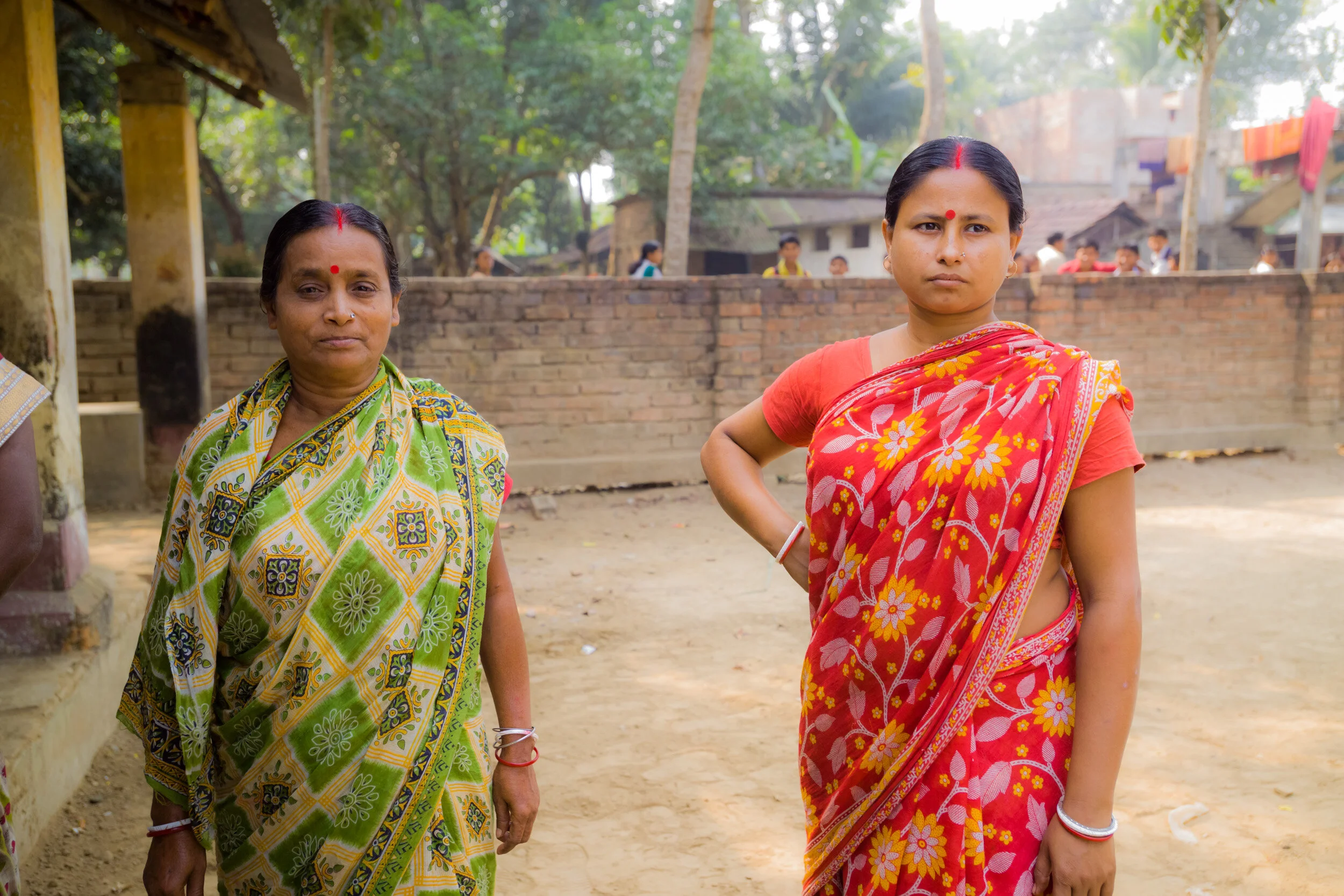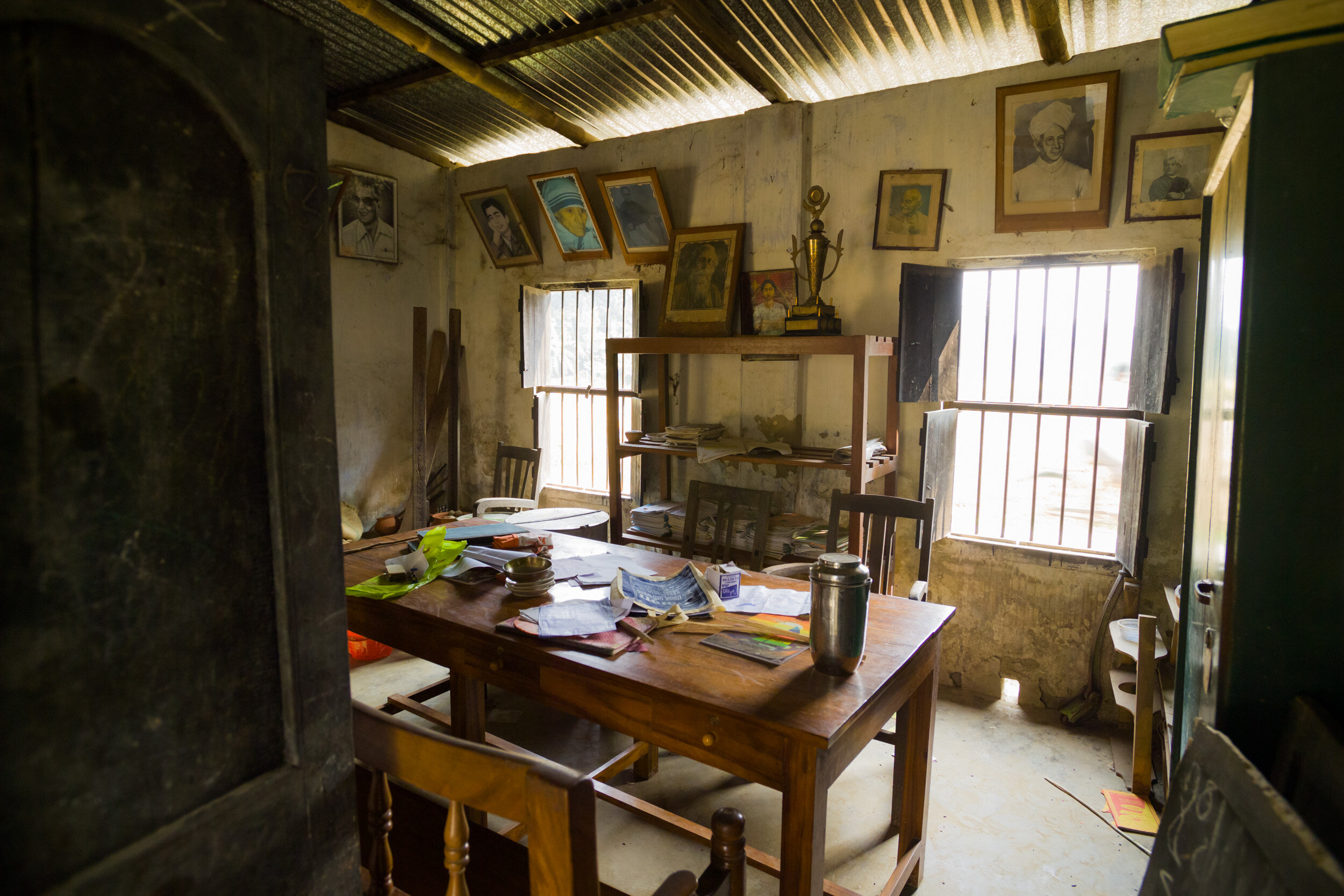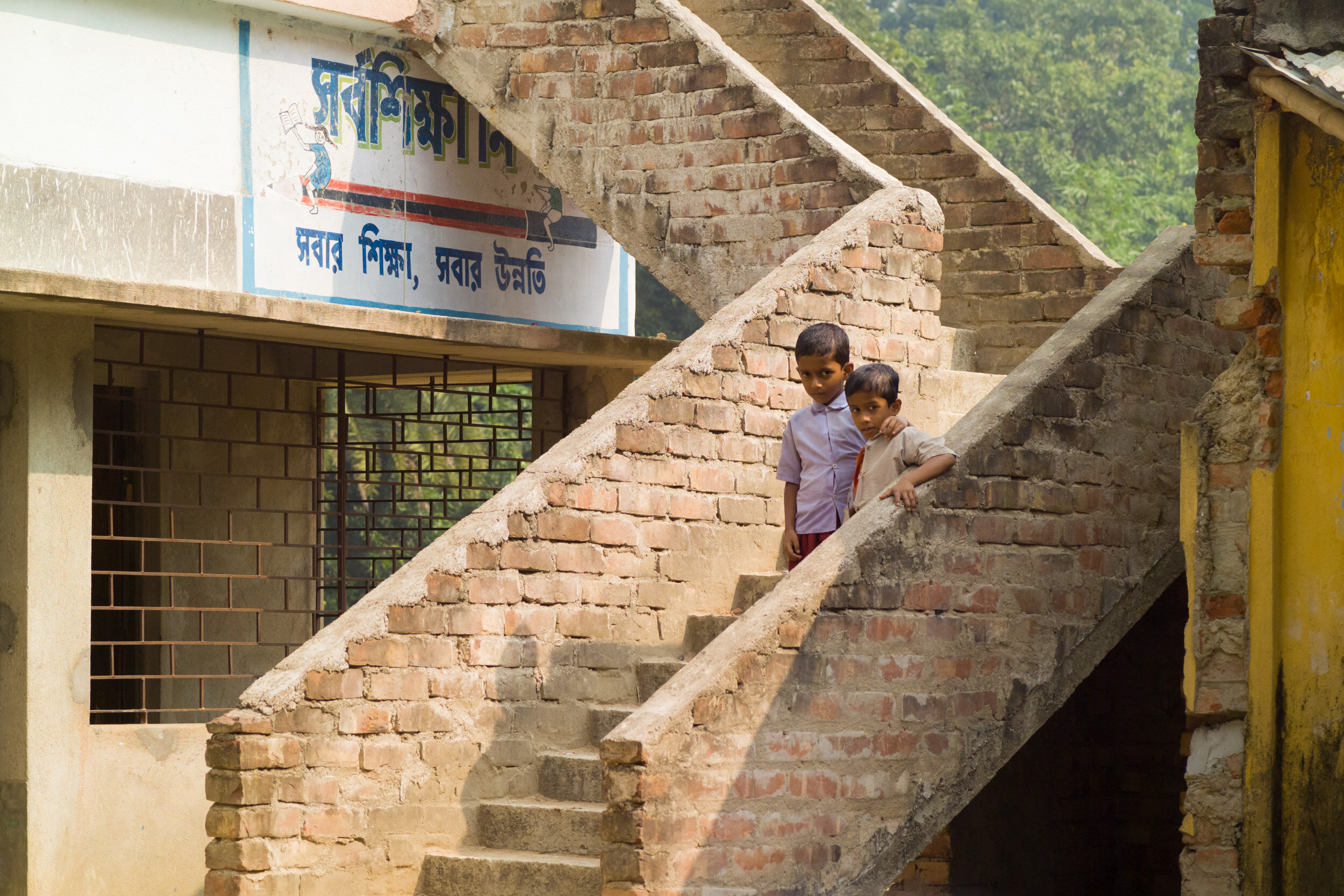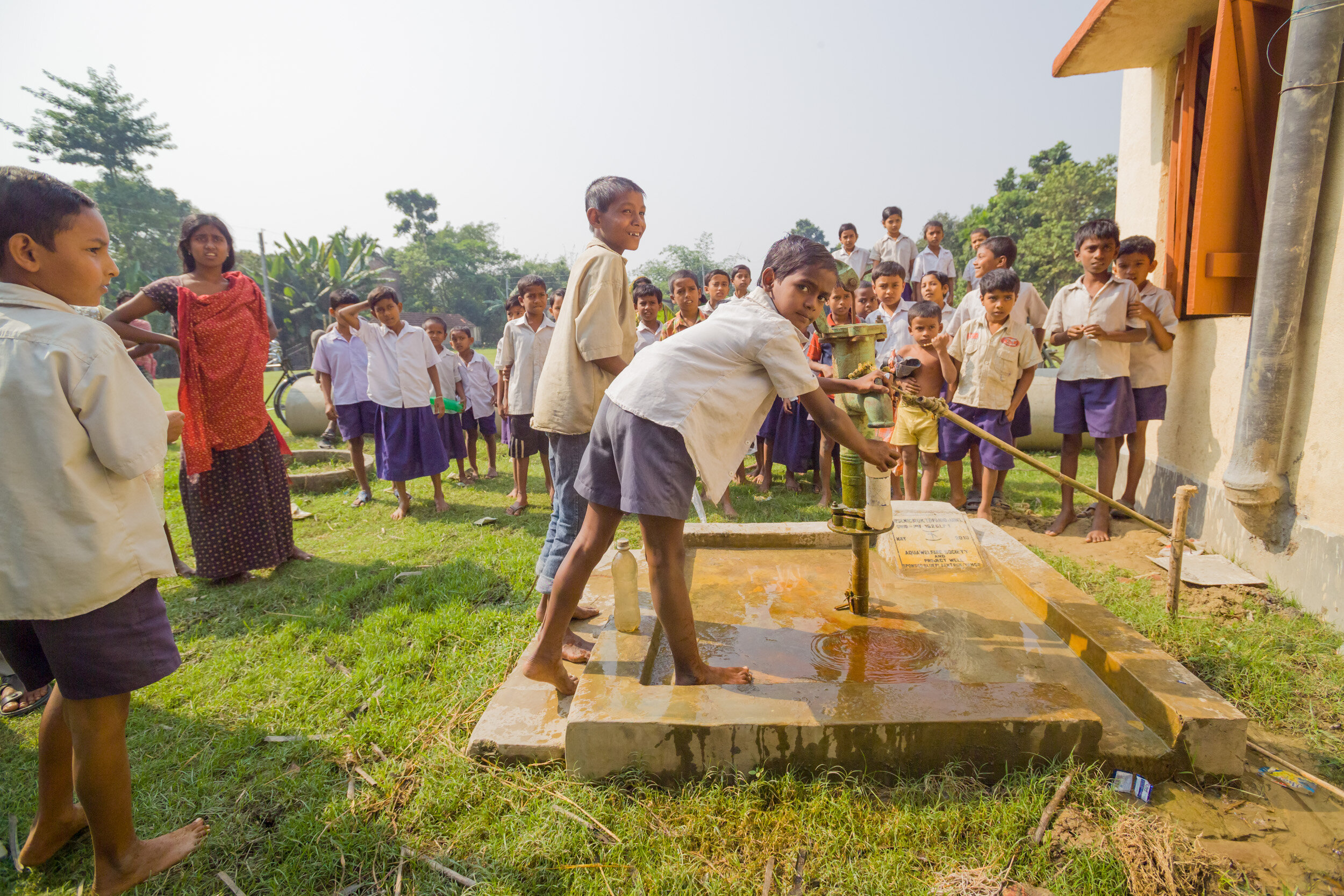Safe Drinking Water West Bengal, India
In West Bengal near the border with Bangladesh, a quiet killer threatens people of all ages. No, it’s not tigers, it is arsenic. Thousands are being slowly poisoned from arsenic-contaminated drinking water in India and Bangladesh. The tube wells, which once saved their lives by preventing gastrointestinal diseases, are now killing them. Exposure to arsenic in drinking water has been established to cause cancer of the lung, kidney, liver, skin, and bladder. Those who are exposed to arsenic in utero and early childhood may develop diseases such as acute myocardial infarction, childhood liver cancer, and bronchiectasis, a chronic obstructive pulmonary disease. Getting people to use the dugwells can be problematic as the shallower wells have to be treated, usually, with chlorine, the water in the deep tube wells comes out clean and ready to drink with no aftertaste. Unfortunately, arsenic has no flavor and is slow-acting, so it takes significant education to get people to use the new wells.
From Project Well: “Our water sources—based on traditional dugwell designs that are familiar to villagers—are inexpensive and easy to maintain. We make these water sources sustainable by developing community-based programs so users take responsibility for their own wells. Together with our local partner Aqua Welfare Society, Project Well continually monitors our water projects so if problems arise, we can address them immediately and make sure villagers can continue to use the wells. We provide long-term guidance and assistance to users, unlike many other water projects that are installed and left unsupported. Project Well also educates communities on proper sanitation and personal hygiene practices, as well as the effects of drinking arsenic- or bacteria-contaminated water.”
